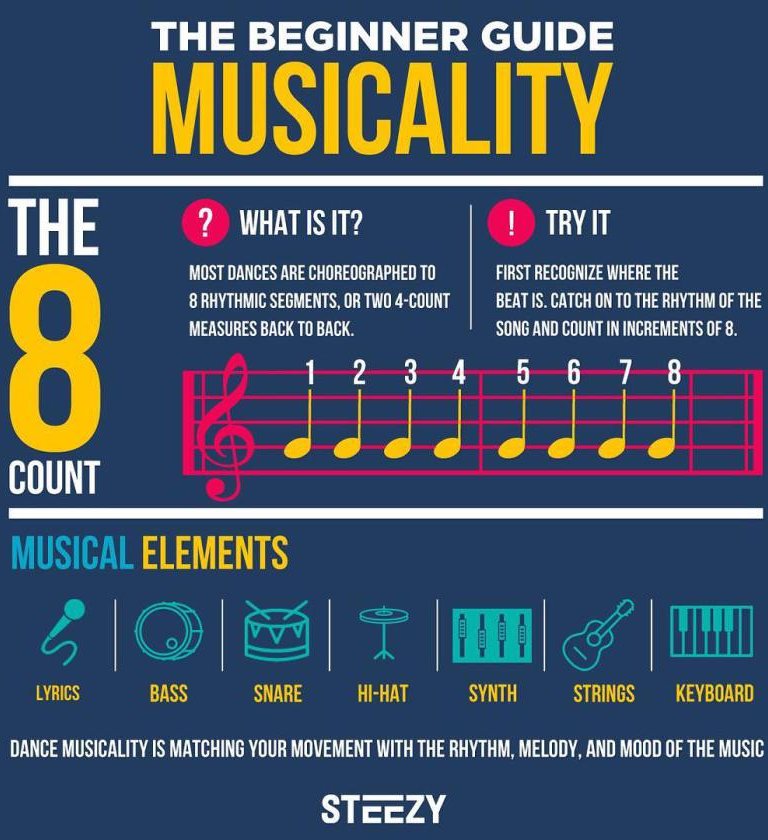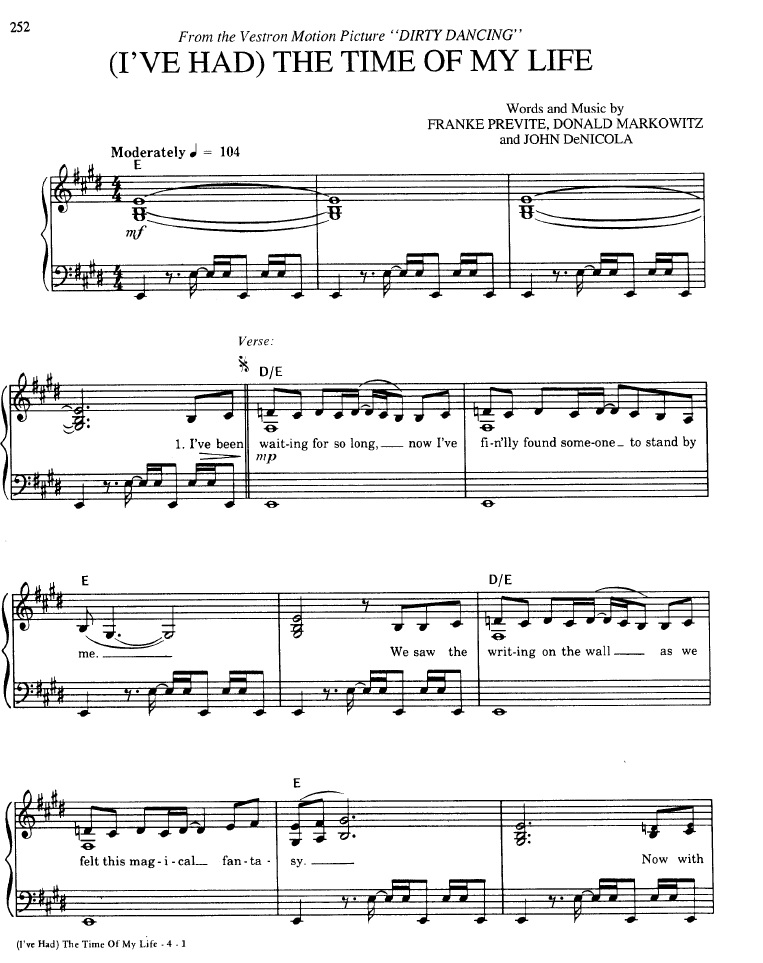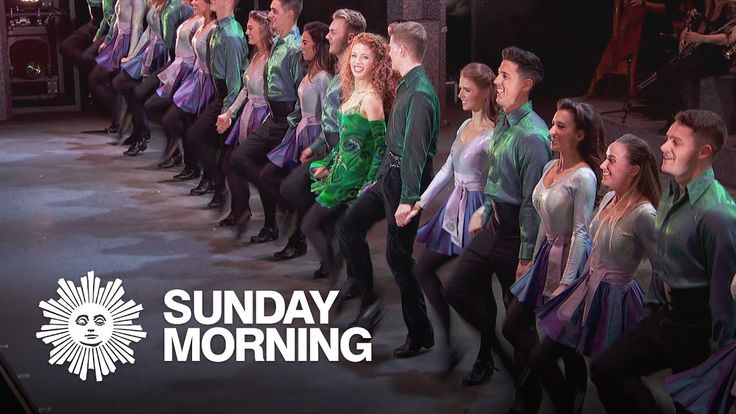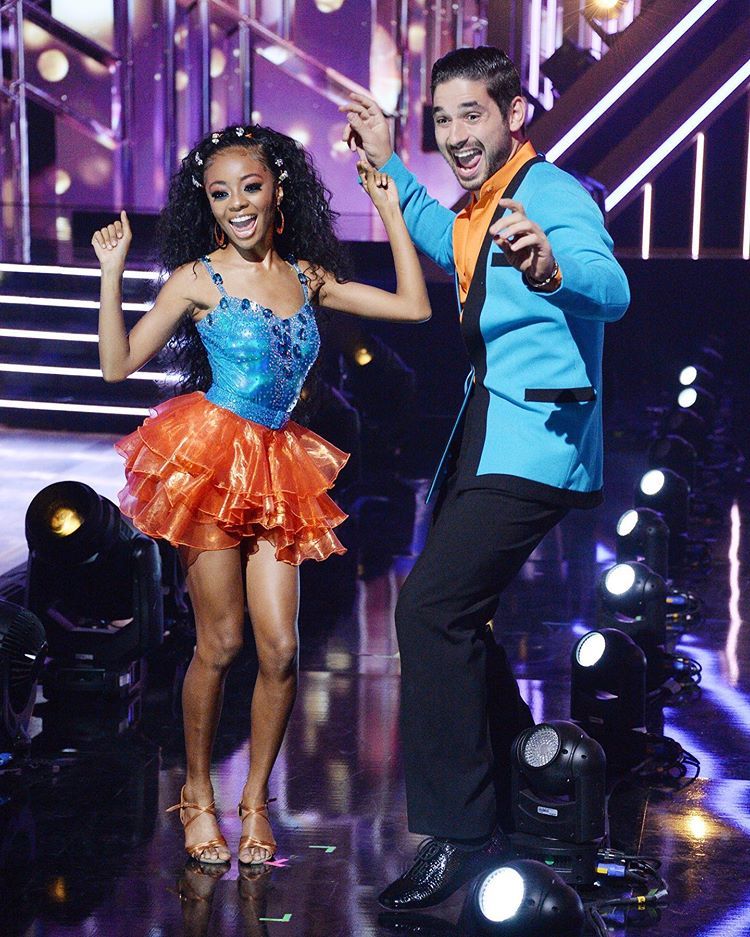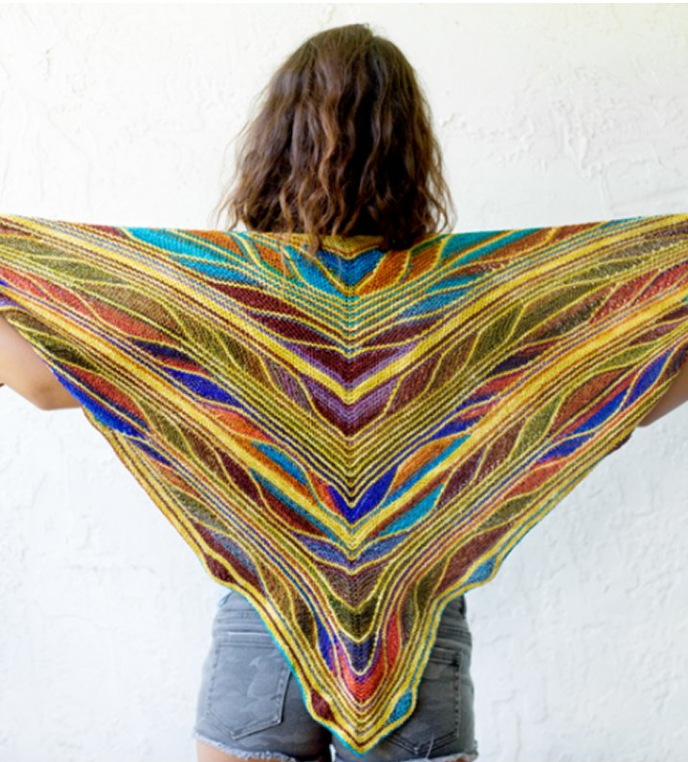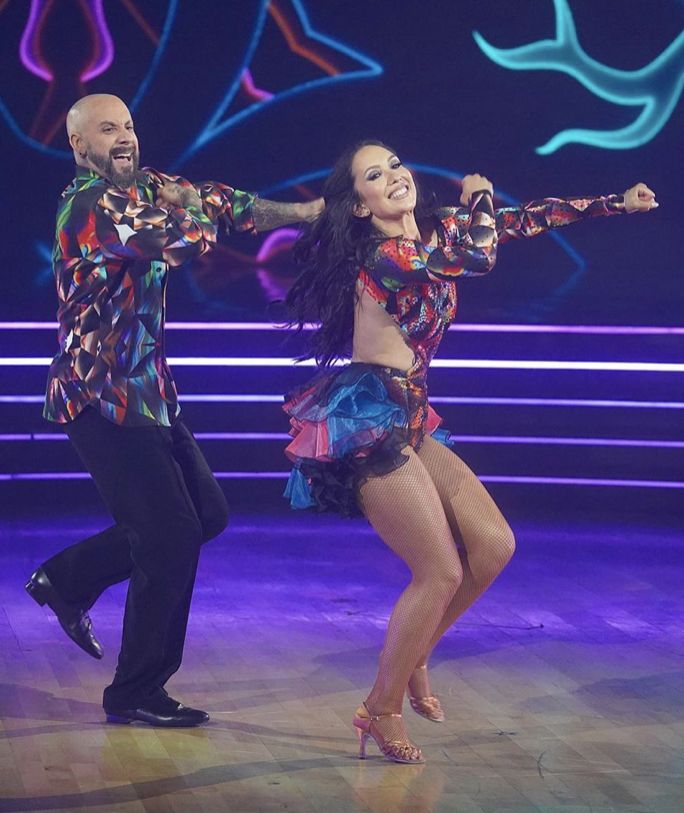How to get on a dance competition team
Top 10 Tips to Make Your Dream Dance Team
Top 10 tips you want to consider while seeking a position on your dream dance squad.
Competitive Dance and a Dance Squad
Dancing is a highly competitive activity. There are various kinds of teams such as Youth/association, middle school, high school, collegiate, all-star, and professional teams. The competition is at local, regional, state, national, and international levels.
Competing dance teams are judged on criteria sic as form, team unison, precision, movements such as jumps, leaps, turns, choreography, enthusiasm, and, the use and visual appeal of props such as pom poms.
In a routine, a squad or team will incorporate a specific dance style (i.e., hip-hop, jazz, or lyrical), technical work (leaps, turns, kicks, splits, jumps), and, depending on the routine, pom-poms, and cheers.
Dance teams are also popular in performance dance, especially at sporting events, most commonly performing during the pre-game and halftime periods (and, in some cases, on the sidelines) of football and basketball games.
A Dance Tryout
Given the immense popularity of dance teams, getting into a favorite dance squad is not an easy task. Every girl in their freshman year wants to be one of the girls in a sparkly top dancing on the sidelines on every Football Friday night throughout the fall. To achieve this dream, a dancer requires dedication, commitment, skills, talent and more.
Anyone interested in being part of a dance squad, both in high school and college is required to attend a tryout. Tryouts are usually held in spring or early summer, so the teams are ready before most sports begin.
There are several aspects to a dance team tryout with the first thing being to know the basic dance techniques that will be used during the season. These techniques usually comprise of toe touches, fouetté turn combinations, kicks, and switch leaps.
One of the critical expectations included in a dance team tryout is that a dancer can quickly master multiple short routines in different styles.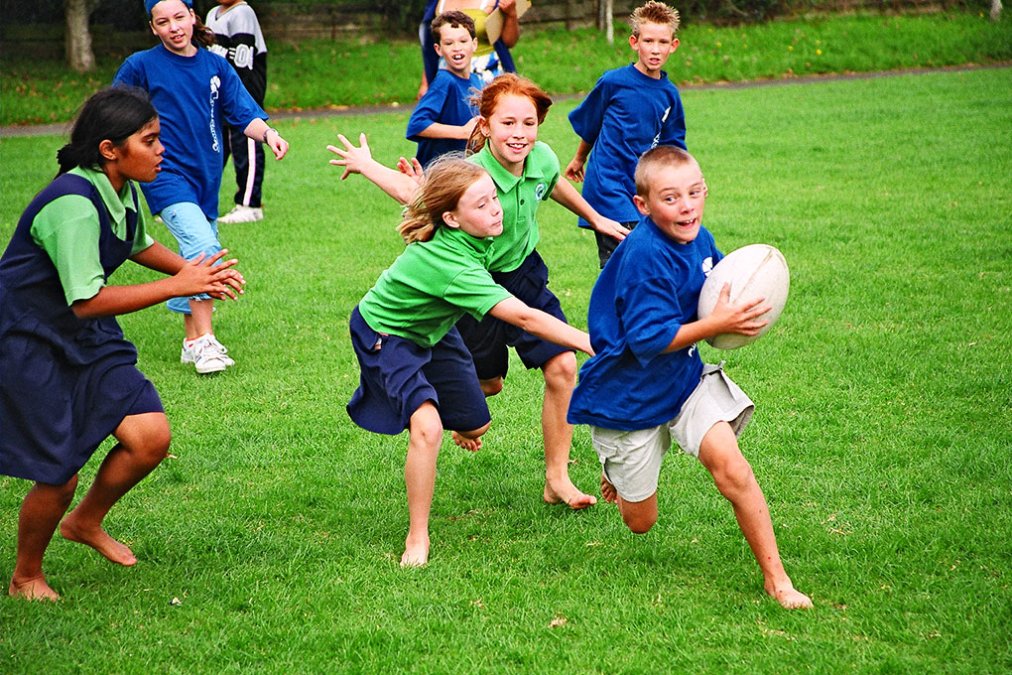 You must know specific styles or forms of dance for certain team tryouts. For example, NDA teams compete with routines that incorporate jazz, hip-hop, and poms styles, so in an audition, you will learn a routine in each of these types of dance and then perform them shortly after that in front of the panel of judges.
You must know specific styles or forms of dance for certain team tryouts. For example, NDA teams compete with routines that incorporate jazz, hip-hop, and poms styles, so in an audition, you will learn a routine in each of these types of dance and then perform them shortly after that in front of the panel of judges.
Tips to conquer Dance Team Tryouts
You have been following a particular dance team for years and have all their performances imprinted in your mind. You even know your favorite dancers by name and signature moves from pieces they've choreographed. Your life mission is to be on the stage with rehearsing, hanging out, training with them. Whichever dream dance team it is – you can be a part of it.
Whether you're trying out for a high school team, or one at the college or professional level, use these tips and tricks to navigate through every step of what can be an emotionally and physically demanding experience.
1. Think About Why You Want to Join a Specific Dance TeamIs it because you look up to certain choreographers and directors? Because you want to grow in that team's style? Because your mission as a dancer aligns with the team? A clear and compelling reason will help you keep your focus on your goal, especially when you run into obstacles or experience hardships during the journey.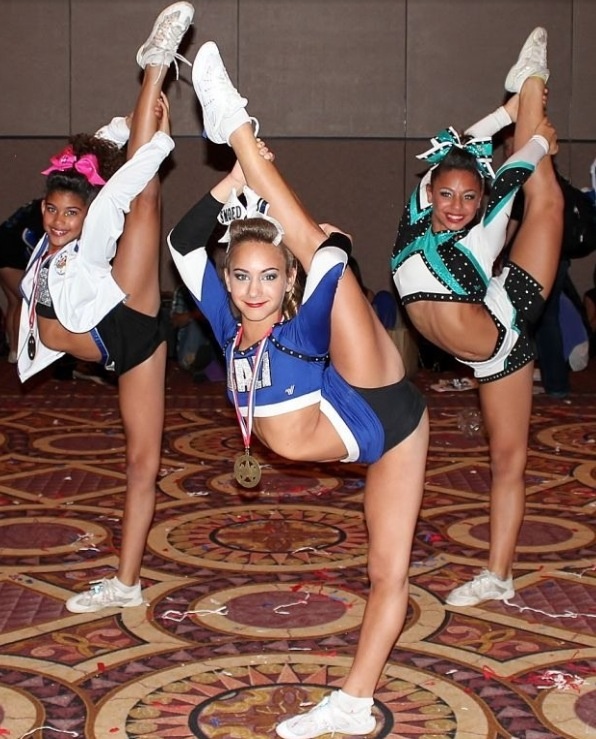
You will be interviewed, and knowing answers to why you want to audition for a particular team will make a difference. Considering you will be playing the role of an ambassador when you attend charity events or local events, you need to remember your real purpose for being part of a team, so it shines through in front of fans.
2. Train as if You're Already on the Dream Dance TeamA dance team spends a lot of time together, what with the weeks and months and years of rehearsing and performing and travel. Teams are families and little communities. For a newcomer to belong to a team and be welcomed, they have to vibe with the team, as a dancer and just as important as a person.
To achieve this, you need to belong to that community and one way you can do that are by taking classes from/with members of the team, especially the directors. You will start to get familiar with their style, teaching methods, and personalities. You will also get to know the other members of the team who are taking those classes.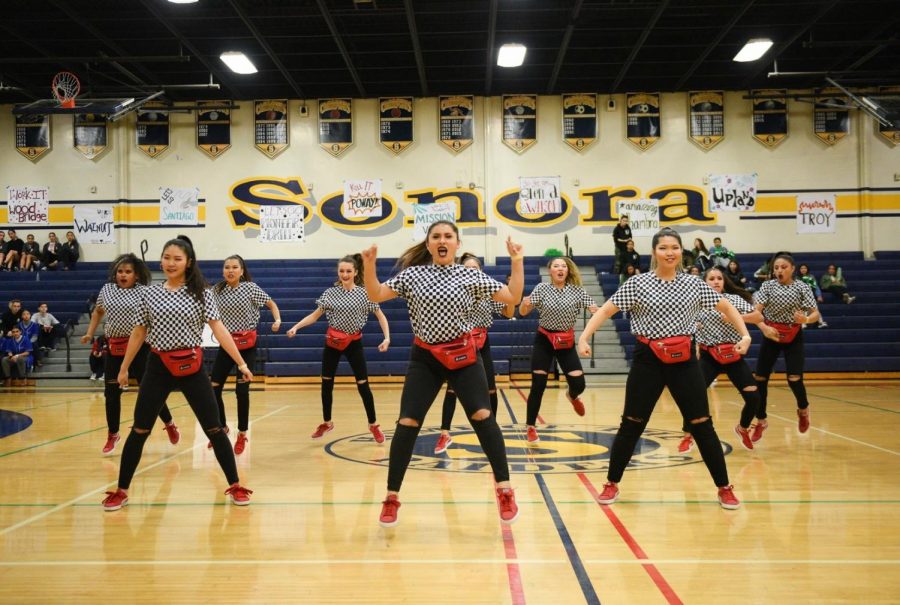 Use the lessons to not just learn about the choreographer or director's style by observing them; even analyze how they move, how they take instruction, and how they interpret the music.
Use the lessons to not just learn about the choreographer or director's style by observing them; even analyze how they move, how they take instruction, and how they interpret the music.
Being familiar with the style that is expected will give you confidence, and even if you mess up during auditions, the team and directors will have already seen you train and dance outside of that!
3. Form Relationships with the Team MembersIf part of the reason why you want to join a dream team is the culture and kind of people on it, then you need to understand if in the long term it will resonate with you. Each team has its own culture, a brand, personality, and history that were shaped by its members since the team's beginnings. Do you vibe with it? Remember – the team has to be a good fit for you, too, as much as you are for it. So get to know the team members and you will get a sense of if it's the place for you. And if you can get along with most of the people on the team, you're good.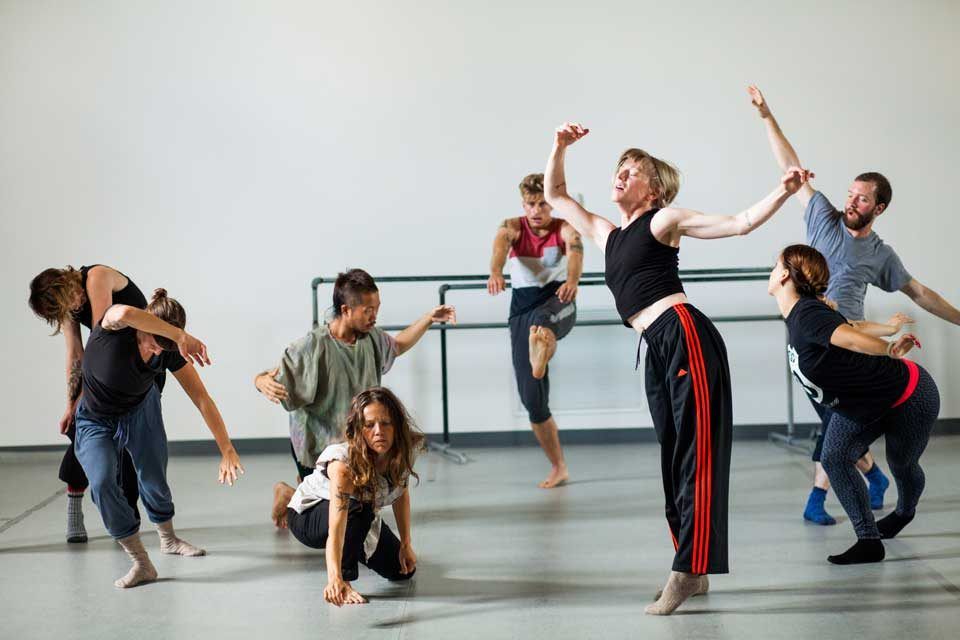
And by that, I don't mean the audition dates. Dig around to find out about any team skill requirement; specific techniques in dance forms that you will need to know, like splits or double pirouettes. Checking on other important details such as participation fees, weight limits, and what the day's event schedule looks can help you feel prepared and in control. Getting the lay of the land before the big day arrives will not only help you prepare better, but you'll feel calmer and focused as a result.
Find out if there are a 'pre-audition workshops' before the actual audition too and ensure you go to those!
Ask around to see what the audition process will be like, how many cuts they will have if there will be callbacks if it is an all-day event or will take a few hours. Be prepared accordingly and bring a change of clothes, water, snacks, and of course the right mental makeup.
5. Take Classes from a Professional StudioWhen you are preparing for being part of a top-notch dance team, your dance skills will be the most critical consideration.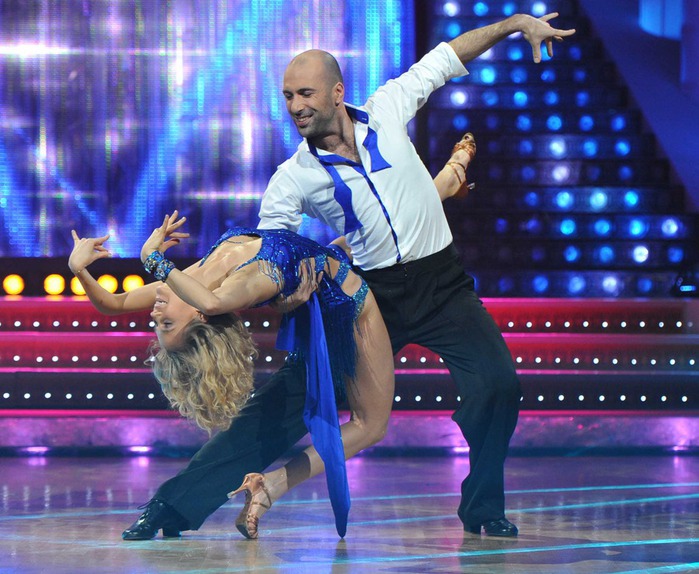 Hone them to a razor sharp edge by taking professional dance lessons ahead of time. A strong background in dance will also give you an advantage over other dancers who have little or no formal training.
Hone them to a razor sharp edge by taking professional dance lessons ahead of time. A strong background in dance will also give you an advantage over other dancers who have little or no formal training.
Before signing up to dance classes, research to identify what style of dance will best help you in your tryouts. Ballet helps with balance and poise while Jazz can help boost your precision and technique. A hip-hop class will help you take your style up a notch.
6. Improve Your TechniqueSo you have always danced and felt prepared to take on the toughest audition? Don't let it lead to complacency. Becoming a collegiate dancer means you still have room to improve as the expectations you must meet have been drastically raised. Practice your turns, practice your jumps, practice your leaps, and especially practice unique skills that could set you apart- such as wearing your hair and makeup and interview skills.
Sign up for classes that can give you the practice you need and help you perfect required skills. The coaches can share their own stories, and you can certainly benefit from the tips and advice from those who have been around.
The coaches can share their own stories, and you can certainly benefit from the tips and advice from those who have been around.
Supplementing your dance classes at a professional studio with a workout plan at least a few weeks before your tryout will up your endurance and flexibility significantly. A good workout plan should include a combination of cardiovascular exercises balanced with stretching or yoga.
If you do make the team, you will have to most likely participate in a training camp with the rest of the team, so it’s best to be prepared in advance. Doing a split requires daily stretching; you will also need a lot of strength and stamina to be a dance team member. Work on building muscles in your back and stomach, and condition yourself by raising your heart rate each day by exercising.
8. Be TeachableWhen auditioning for college programs, judges are looking for more than proper technique and knowledge of dance forms.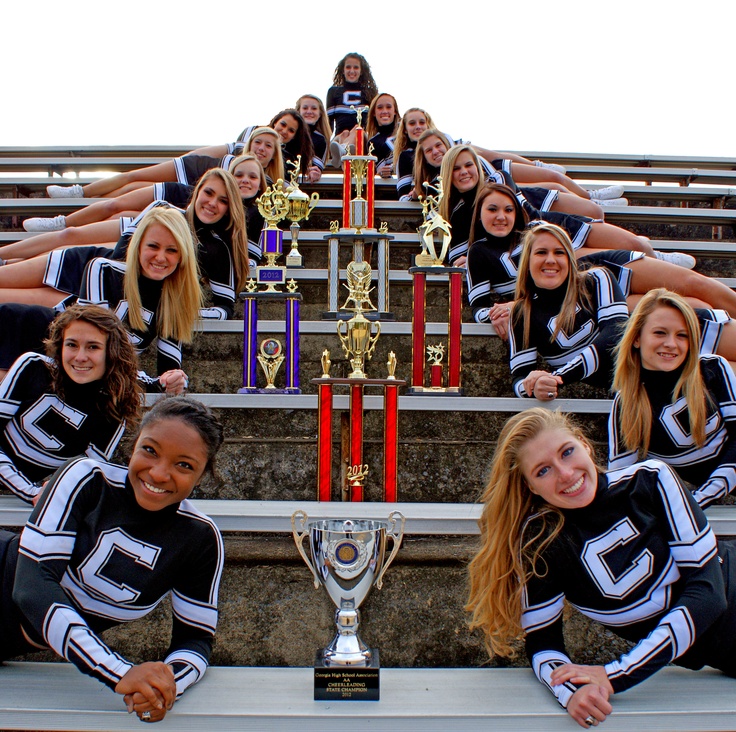 Having a teachable personality means staying loose, staying engaged, laughing at your mistakes, and holding your head up high. And don't rest unless you get answers to your questions.
Having a teachable personality means staying loose, staying engaged, laughing at your mistakes, and holding your head up high. And don't rest unless you get answers to your questions.
Your determination will not go unnoticed. Auditors want to know you are not smug about your achievements till date and are looking for those who they want to hang out with for the next four years, people who are open to learning, growing, and improving!
9. Remember That Performance Scores PointsCollege Programs are looking for people who are good at two of the three triple threats (dancing, singing, and acting) but the golden ticket that will get your acceptance letter has to be your potential in the third realm. The judges are observing your willingness to go for it, and enjoying your performance the joy on your face, so, SMILE!
Personality is a big part of an art form like dancing, so make sure yours shines through; hold your head up at all times and keep a pleasant look on your face and show them how excited you are to be auditioning for a spot on the team.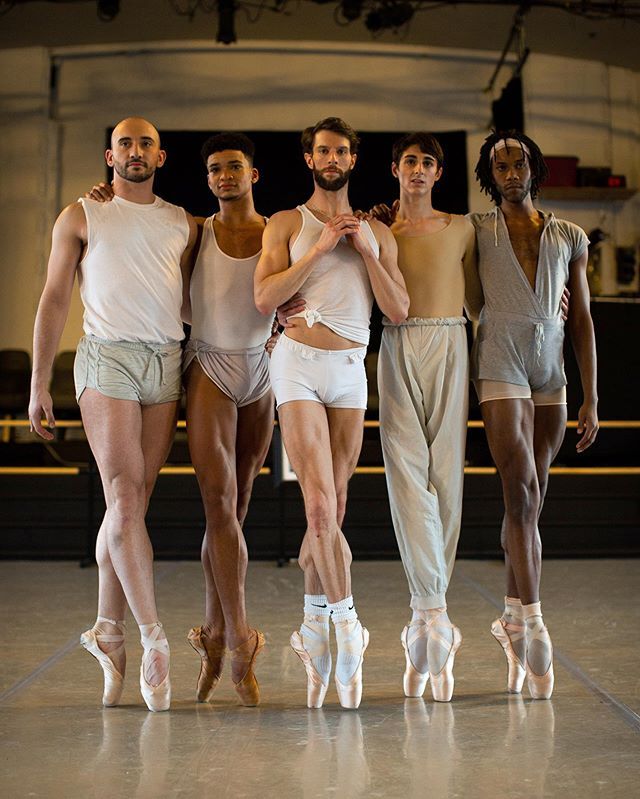 It is also essential that you speak well and are personable.
It is also essential that you speak well and are personable.
In the collegiate world, expect to appear on television and real close-ups. Thousands of fans see your shining face on the field or court, and thousands more will also be watching behind a television screen. With this being said, it is vital that you look your best at a collegiate tryout.
Most dance teams have dress code requirements for tryouts. If the team doesn't tell you what to wear for tryouts, wear black stretch pants and a bright tank top or even a fabulous leotard. Brings two pairs of shoes, as there may be two rounds, one focusing on jazz (carry jazz booties) and the other for hip hop (use non-marking dance sneakers)
Booty shorts and a crop top with nude fishnet leggings works excellent. Some bling on the top like diamante or sequins helps you shine, and of course, colors of the team you are trying to make will be a huge plus!
Keep Perspective
While your whole mission in high school and college may be to make that coveted position on the school, college, all-star or State dance team, going for a dance tryout is more than that. Auditions have an element of unpredictability, and there are as many stories of disappointed freshmen as there are of successful ones. Just know that the life lessons you will learn in the process of preparing for and giving a dance tryout are as precious as wearing the colors of the team.
Auditions have an element of unpredictability, and there are as many stories of disappointed freshmen as there are of successful ones. Just know that the life lessons you will learn in the process of preparing for and giving a dance tryout are as precious as wearing the colors of the team.
All the very best in making it to your Dream Team!
How to Start a Competition Dance Team at Your Studio
Dance studios that have many classes and students may see some talent and want to consider starting a dance team. Here are five steps for creating a successful team that supports your business.
Why begin?
Why do you want to know how to start a competition dance team? Is this your idea? Are clients inquiring? In order to have a successful competition dance team, you’ll need a dedicated group of students. Gauge the interest of your clientele as well as their true dedication. Explicitly outline for them the time required for practicing, cost for competition, and travel involved.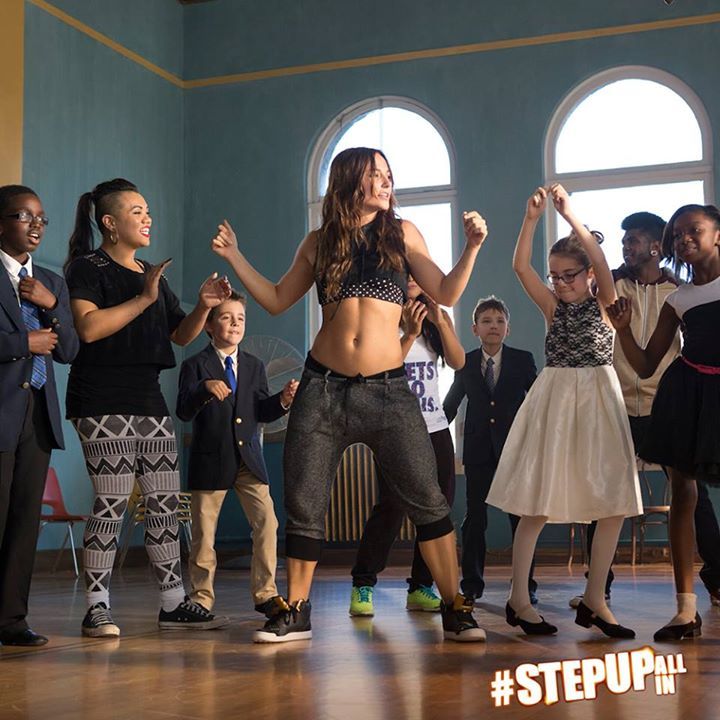 You don’t want to discover your team members have other obligations that take priority or cannot afford costs necessary to participate. Consider posting a sign in your studio and have those interested take a survey. Questions you might include:
You don’t want to discover your team members have other obligations that take priority or cannot afford costs necessary to participate. Consider posting a sign in your studio and have those interested take a survey. Questions you might include:
- How many hours can you dedicate to practices?
- What other extracurricular activities do you have?
- Are you able to travel? If so, how far?
- Can you (or a parent) volunteer time to help with competitions?
- Have you ever been in a dance competition before?
Be prepared
When you decide to start a team, being prepared and well-organized helps with every part of the process from setting schedules to traveling to the competitions. It helps to make a list of all the tasks you will have. Be honest with yourself about the time necessary to take on these tasks. If you know you cannot handle everything yourself, bring on an assistant or reach out to parents to ask about their interest in volunteering time.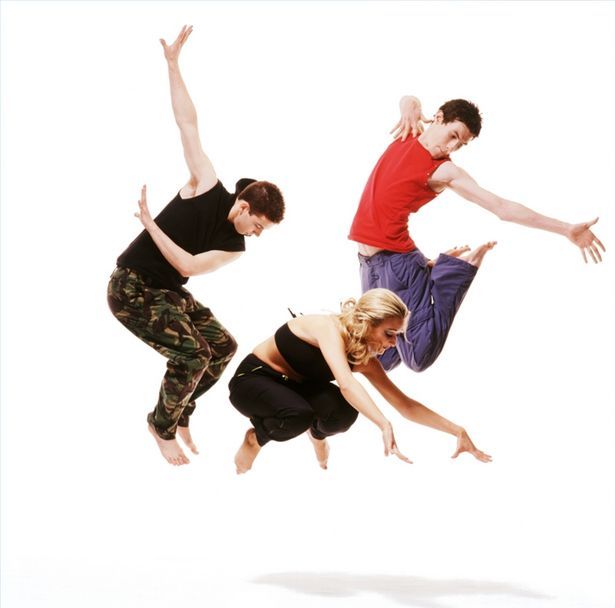 You want to be able to lead a successful team, not get overloaded with all the details necessary to pull off a great competition. Remember, these small details all add up:
You want to be able to lead a successful team, not get overloaded with all the details necessary to pull off a great competition. Remember, these small details all add up:
- Setting a schedule
- Leading practices
- Creating costumes
- Hair and make-up
- Competition applications
- Travel arrangements
Creating the team
If your studio caters to youth, it is a good idea to have an introductory meeting for parents. Let them know your plans as well as how you will create the team. Parents should be aware of time commitment and costs that are associated with competition teams for dance.
The size of your studio will help determine the size of the team and the method by which you pick members. To gather team members, you might consider an “invitation only” system if you have talent you wish to recruit.
Some studios hold tryouts to allow any student to apply. With tryouts, it will likely require a series of auditions and cuts.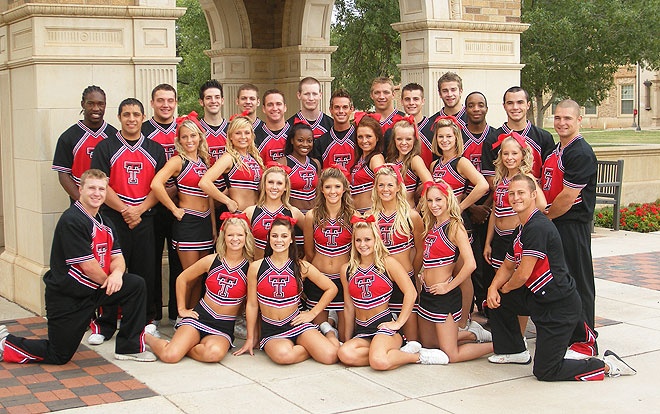 As you make cuts, be sure to offer honest feedback. You don’t want to alienate students but educate them on exactly what you are looking for and how, if they didn’t make the cut this time, they might make it in the future. Be clear that you are not just seeking talent, but dancers who are able to take on all the rigors of dance competitions and all that entails.
As you make cuts, be sure to offer honest feedback. You don’t want to alienate students but educate them on exactly what you are looking for and how, if they didn’t make the cut this time, they might make it in the future. Be clear that you are not just seeking talent, but dancers who are able to take on all the rigors of dance competitions and all that entails.
How to Start
A competition dance team should have specific expectations for team members. Some expectations may include:
- How many practices they can miss.
- What happens when they are late for practice.
- What behaviors will not be tolerated.
- When payments are due.
- How responsible they are for costumes, makeup, hair and travel.
Set a practice schedule that allows for all dancers to attend. While there will be times when conflicts interfere with the schedule, if you do your best to create something that works well for the majority of dancers, you won’t have to make many compromises. As you start out, remember to be flexible as you learn what works best.
As you start out, remember to be flexible as you learn what works best.
Practice, practice, practice
Competitions generally have strict guidelines. Teams must understand all the requirements and hone their skills. Create routines and then practice. Practice is vital for competition preparation. Help team members build bonds, work together, help each other and prepare for competition. They are not just individual dancers, but part of a team working together to do their best as a complete group.
Before attending your first competition, you might consider bringing in someone who has participated in such events and have him or her speak to your team. Give your dancers insight from someone who has been there so they know what to expect.
Photo by Walter under the Attribution 2.0 Generic license
Dance marathon "Starteenager" (for 2 teams with adult participants) | Methodological development (grade 5) on the topic:
Good afternoon, friends! I salute you!
It is not often that you see so many spectators in this hall.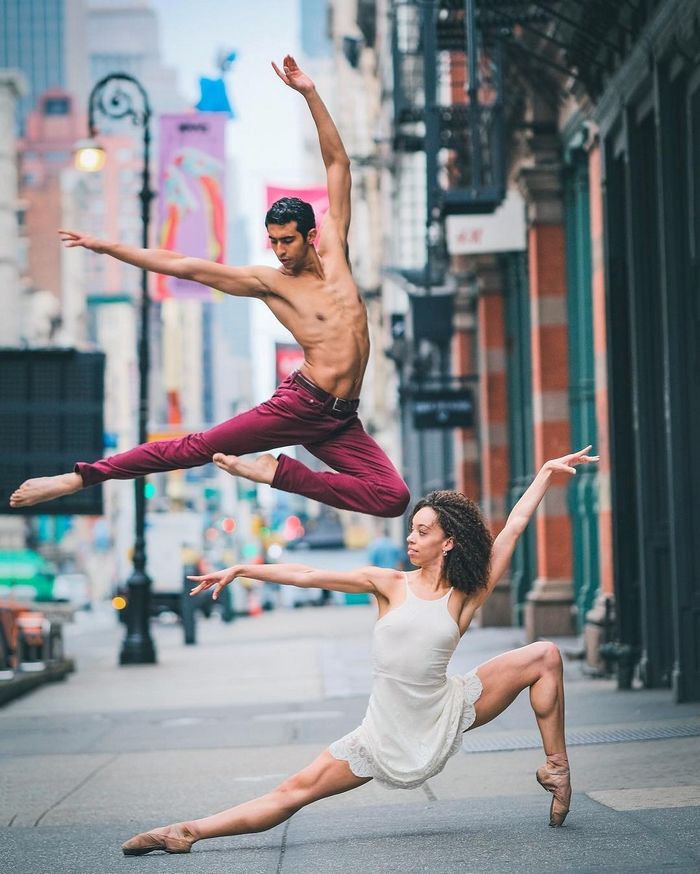
Autumn… We should lie on the stove, but we gathered here… What for? In order to stretch our bones, plant the vocal cords and beat our hands! We will have fun, dance and cheer for our beloved teachers and colleagues. Indeed, today in our club there is a dance show "Starteenager".
To everyone who came to the most fun, most musical, most dance competition - "Starteenager" Hello!!!!!
For a good holiday (looks at his notes) groovy music is needed.
(music added) Yes!
We need spectators.
Are there spectators? (Answer from the audience) Of course there is!
I greet those who come to this hall today.
Hey, open your eyes!
Prick up your ears!
I'm starting the Star Show! Today you will find original dances and a sea of energy.
Remember, it depends on you which team will win our game.
Let's get acquainted with our teams:
Team "Youth of the 21st century" team captain Alexander Nikolayevich
Team "Black Hearts" team captain Irina Anatolyevna
(teams go on stage)
Let's greet them with applause! Teams will get to know each other by showing their greeting.
Greeting from the Youth of the 21st Century team
Greeting from the Black Heart team
Teams must be very worried, because the first competition “Homework” is ahead of them
In order to start our competition, we need to determine the order in which the teams will perform, but how can we do this without introducing the jury? And so, we welcome respected people: the chairman of the jury - Chuverova Lyudmila Nikolaevna, head of the department of social protection of the population in the Kiyasovsky district
Jury members:
- Golovkina Severina Alekseevna, leading specialist - expert of the department for youth affairs of the Administration of the municipality "Kiyasovsky district"
- Tatyana Gennadievna Krasnoperova, Senior Specialist of the Administration of the Pervomayskoye Municipal District
- Tamara Nikolaevna Levochkina, Artistic Director of the Pervomaysky TsSDK
- Nadezhda Valentinovna Sukhanova, Honorary Worker of General Education of the Ministry of Education of the Russian Federation;
Now we know the jury by sight and in case your favorite team loses, you know who from the jury will be personally escorted home. Is not it?
Is not it?
I ask the captains to determine the order of the teams by pulling the token from the jury table
(determining the order)
Excellent, the start of the Starter is given! What good fellows you are! No, you are laughing, smiling, but could you do it yourself? This and that…
The jury sums up the results of the competition, and the teams prepare for the presentation of their homework. Today we will see how they coped with it, and who will receive an excellent mark for self-preparation today.
Let's start!
Competition "Homework"
And we move on to the next competition, which is called "dance - imitation". I ask both teams to take the stage. The captain stands in front of his team and shows the movements, quickly switching from one music to another. The team must synchronously repeat all the movements behind their captain.
The jury evaluates the frequency of change of movements, the variety of movements, the ability to quickly adapt, hear the music and get to the beat.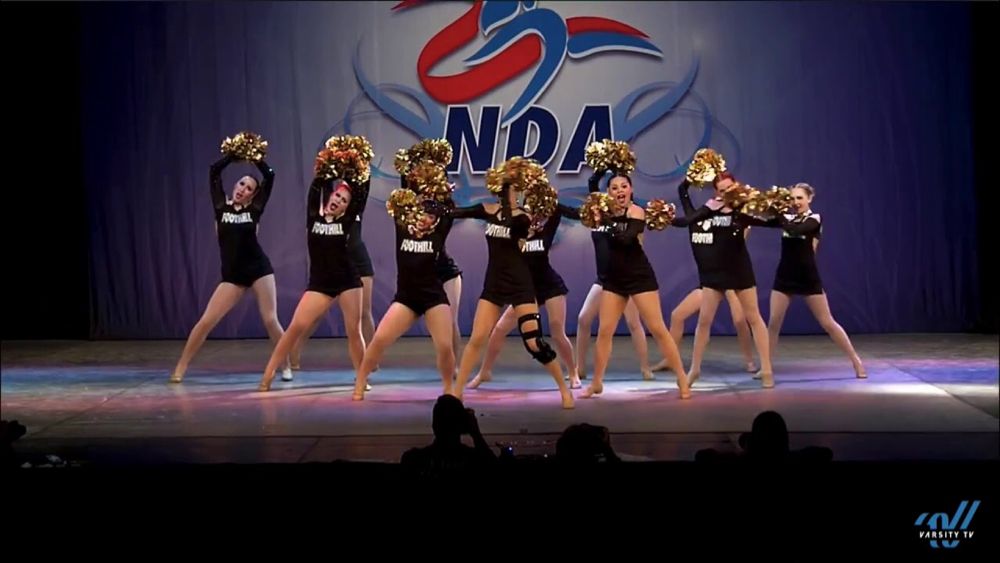
Fans of chairs we don't break
We don't beat the jury, we don't interfere with dancing
We behave quietly and very decently:
We shout, whistle and stomp perfectly!
Imitation Dance Competition
While the jury is summing up the results, our fans are trying and supporting their team!
Let's see the jury's scores for the second competition, which was called
"Dance - imitation".
(the jury shows the scores)
The start is given, you did an excellent job with the competition and showed that you know how to work in a team. Now is the time, based on pedagogy, to use a person-centered approach. A competition called "Pair Dance" will help me in this. For this competition I will need one pair per team. Your task: to perform a dance called "waltz". Beautiful and smooth, slow and sensual, so many songs and poems have been written about him. Evaluation criteria: plasticity, grace, emotionality, hitting the beat, the ability to work in pairs.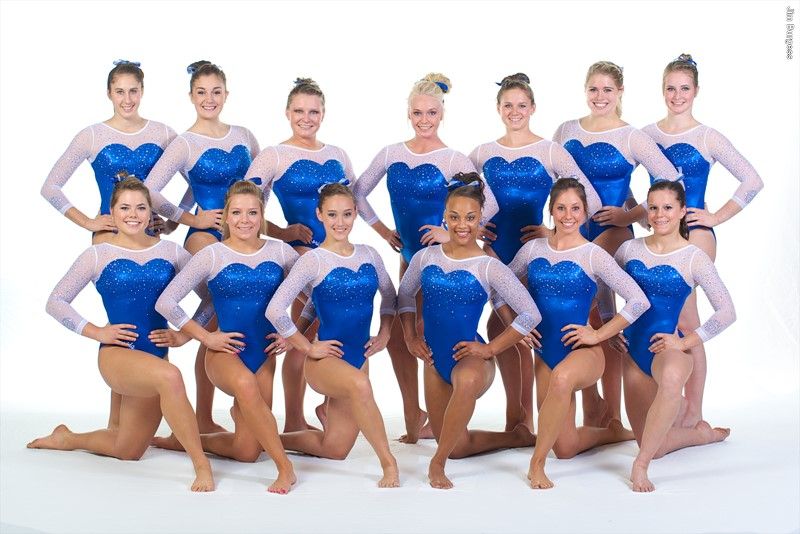 I ask couples to take the stage.
I ask couples to take the stage.
Don't hide. Just get out.
Let the bird burst into the sky from the chest.
And you dance. Dance like rain
Don't be afraid - you won't lie by dancing.
Dance while the spark burns,
And the dance of feeling speaks.
Competition "Pair dance"
Excellent! It was unforgettable! Your duets will forever remain in our hearts, we will pass on your names to our children, grandchildren, great-grandchildren ... Well done! It's time to see the scores!
(the jury shows the scores)
And we smoothly move on to the next competition, which is called “Who will dance whom”.
The task of the teams: to take their place, move chaotically - beautifully, to the music. You need to select the movements yourself, do not repeat after the captain, and the main condition is not to stop! Dancing on the spot or a hitch is equated to losing in this competition or deprivation of wages, as anyone understands better.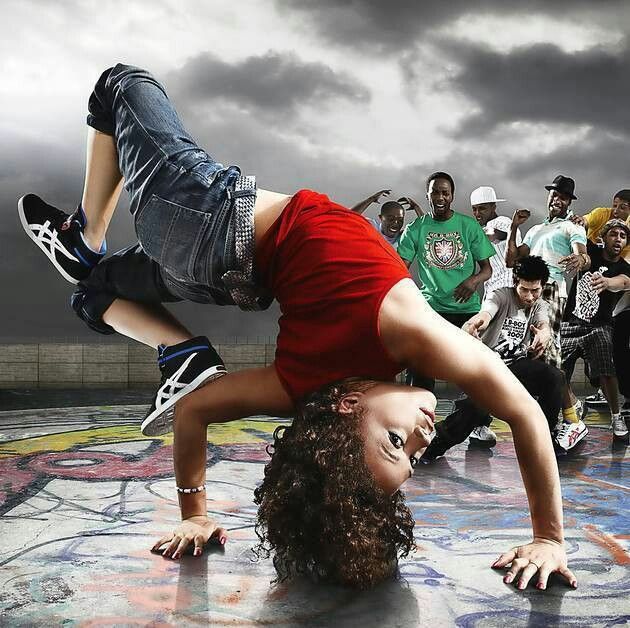 The jury evaluates the dynamism of the dance, the variety of movements, the emotionality of the participants.
The jury evaluates the dynamism of the dance, the variety of movements, the emotionality of the participants.
Center or School will win the battle?
Who will be the winner of the tournament?
I know that the loser will get hit
Both from the director and from the team
Therefore, my friends, try hard! Everyone is looking at you! Your team and your children believe in you! Today you are the stars, light it up!
Competition "Who will dance whom"
That's energy! This is raskolbas, as our children say. Let's see if our jury liked your dances.
(jury shows marks)
The next competition will require additional preparation from you. I am sure that you will cope with the task, which is as follows: now I will give each team one situation, which you will have to play out in front of us with the help of a dance. You will only hear music on stage. Speech cannot be used. Preparation time 3 minutes. Is the assignment clear?
The jury evaluates the originality of the dance - situations, the involvement of all team members in the dance, emotionality, artistry.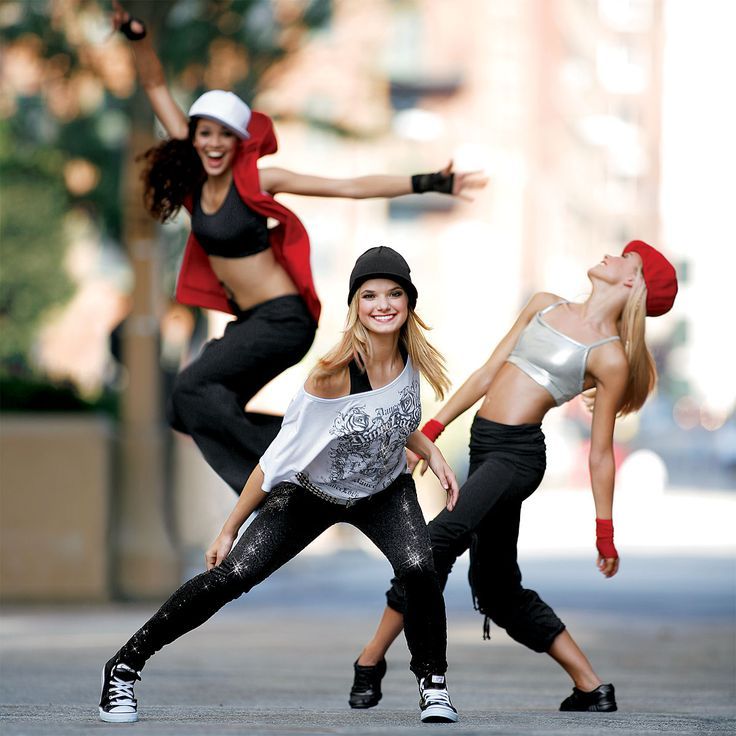 So, the teams leave to get ready for the dance, and we invite fans from the Black Hearts team and fans from the Youth of the 21st Century team here, because the turn of the fan competition has come.
So, the teams leave to get ready for the dance, and we invite fans from the Black Hearts team and fans from the Youth of the 21st Century team here, because the turn of the fan competition has come.
While the fans are on stage, I will explain what the competition is: the fans will have to shout down the opposing team of fans using the chants you have learned. You will simultaneously shout out the chants you know. The jury will evaluate your activity, your emotionality and organization. Go!
Fan Contest
So, the votes are planted, the fans are charged, the jury and the audience are deaf… Please rate the fan contest!
(the jury shows the scores)
Youth is a wonderful state and time of life. You need to spend it and live it so that the memories remain for the rest of your life. Of course, we are talking about positive impressions and emotions. I hope our teams will surprise us and will be able to ignite us with the energy of dance.
So, "Dance - situation"
The jury evaluates the originality of the dance - situations, the involvement of all team members in the dance, emotionality, artistry.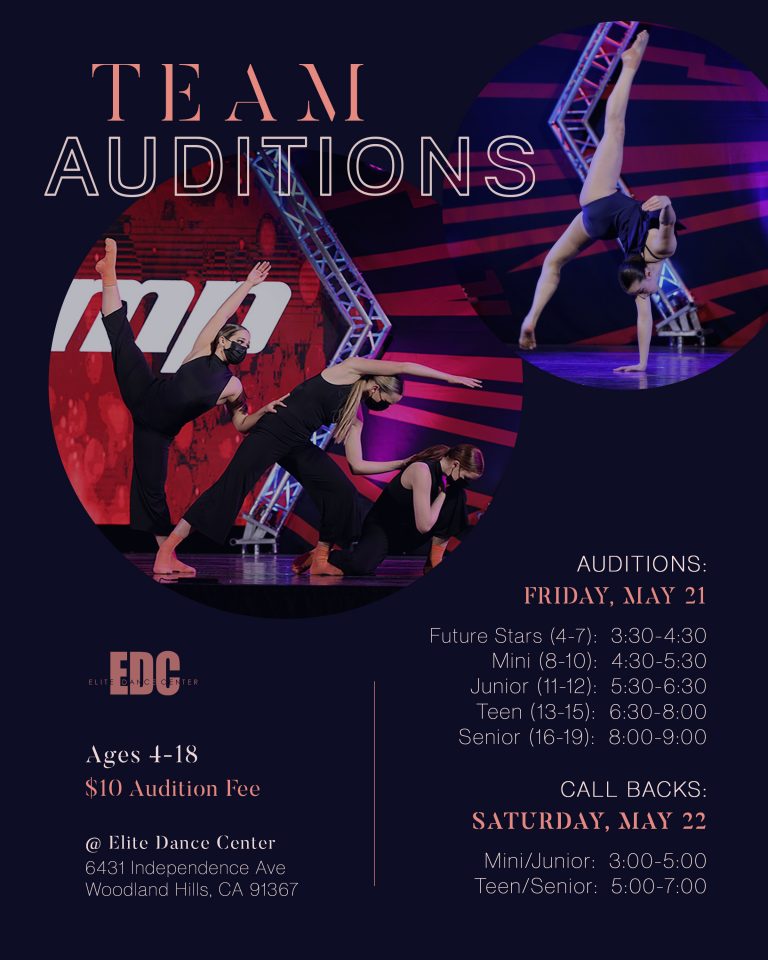 Go!
Go!
Competition "Dance - Situation"
You did an amazing job!
Are we ready to see the jury's scores? Of course! The jury is the voice of the people and it cannot be wrong!
(the jury shows the scores)
The one who is young at heart and soul is dancing
The one who is not afraid of difficulties, obstacles is dancing
The best of the best are on this stage today
And each of the guests is glad to see them
The next competition called "Dance Globe". All participants of both teams participate in this competition. You will hear compositions of different nations, different eras and different dance styles. The task is not easy: to quickly hear and understand what kind of music sounds and start dancing the movements characteristic of this composition. The jury evaluates the ability to quickly orientate, originality of movements, creativity, artistry of the participants and the ability to negotiate in a team.
Let's start!
Dance Globe Competition
Just a little bit left before the end of the competition, and now we are ready to see the scores of our esteemed jury!
(the jury shows the scores)
I read on the Internet: If you want to lose weight Have a slim waist Do not eat pork soup Spin the hula hoop.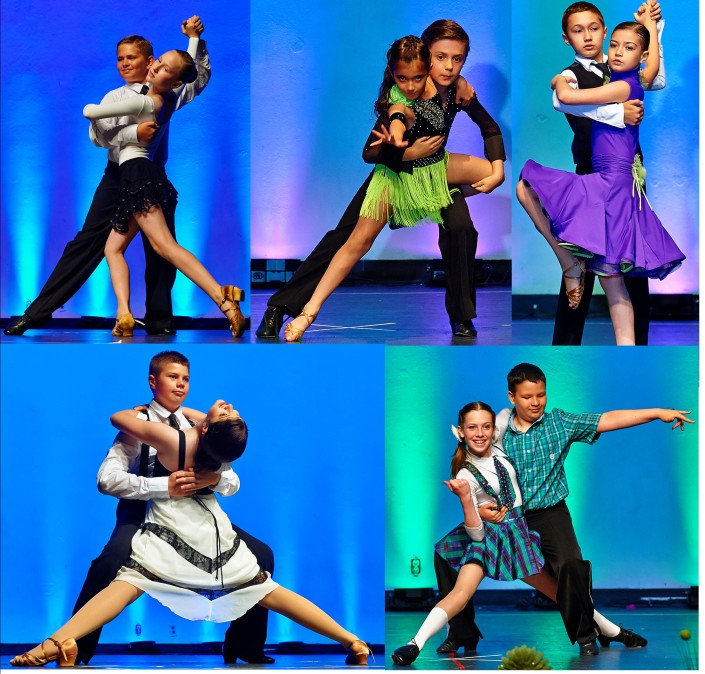 I think the starter training was better than any hula hoop and hoop. Let's see how our teams will cope with the next competition, which is called "Dance - Surprise". Your task is to draw a lot and dance a dance with an object that will be indicated in the lot. Not an easy task, but I hope you can handle it.
I think the starter training was better than any hula hoop and hoop. Let's see how our teams will cope with the next competition, which is called "Dance - Surprise". Your task is to draw a lot and dance a dance with an object that will be indicated in the lot. Not an easy task, but I hope you can handle it.
Fans, don't stand on the edge,
don't stand on the sidelines
dance, whistle
and clap loudly!
Fans are ready to support you in difficult times. And the jury is ready to fairly evaluate your dances. Evaluation criteria: flexibility, plasticity, originality, emotionality, artistry, dance choreography.
Go!
Guys - go ahead! Guys - let's go!
Guys - don't fall asleep on the stage!
"Dance - surprise"
We are ready to see the scores of our esteemed jury!
(the jury shows the scores)
The strength is already running out, the pulse is such that the doctors grab their heads! The starter is coming to an end and the final competition of our dance marathon will be a dance battle of both teams. The essence of the competition: teams line up opposite each other. On my whistle, a member of one team comes out to the music and dances using original movements. At the next whistle, the participants change and onto the stage, a participant enters the middle of the hall - an opponent who dances until the next whistle. At the whistle, the next member of the first team comes out again. Important: the participants are not repeated, the whole team participates in the competition. Welcome originality and artistry! Reade set Go! Go go!
The essence of the competition: teams line up opposite each other. On my whistle, a member of one team comes out to the music and dances using original movements. At the next whistle, the participants change and onto the stage, a participant enters the middle of the hall - an opponent who dances until the next whistle. At the whistle, the next member of the first team comes out again. Important: the participants are not repeated, the whole team participates in the competition. Welcome originality and artistry! Reade set Go! Go go!
Competition "Wall to Wall"
The jury has a difficult task: remember the arithmetic operation, which is called addition! You will have to add up a lot, because behind 9 competitions and 2 teams. Teams that did something today! Teams that surprised not only you, me and our esteemed jury. They surprised themselves! Dancing is life! Active dancing is an active life! Today our participants managed to fall in love with the whole audience! I'm sure there are no indifferent people in this hall! Let's applaud them!
While the jury is summing up, I would like to hear your opinion about the competition, about the participants. What are your impressions?
What are your impressions?
(hall)
The floor is given to the captains of the teams (Alexander and Irina)
The floor is given to the director of the rehabilitation center Bykova Alla Evgenievna and the director of Pervomaiskaya secondary school Ryabin Alexander Nikolaevich.
The floor is given to the jury.
The floor for summing up and rewarding is given to the chairman of the jury, Chuverova Lyudmila Nikolaevna.
Our dance marathon is over! Thank you all so much for the holiday! Thank you for the emotions and support!
I wish everyone good luck.
You were here.
You are the best of the stars!
I wish you creative success
And fulfillment of all dreams!
See you soon!
Registration portal for dance competitions
Hand. ShVT "Dyada", Ulyanovsk
Referee of the All-Russian category of the League
Hands SHV "Sahira" G. Togliatti
Chernyak Veronika, Samara Judge of the All-Russian category of league
League teacher
SHV "Fayza"
Ilyina Elena, Togliatti Elena Master-class Topic to be confirmed, 28 January 2023
Registration for the 10th Open Ranking Cup of the Middle Volga 2023
Solo Duets and groups Packages Master classes
Registration status information
Competition completion % No pending applications Re-confirmation by e-mail
Contest of Champions season 8.
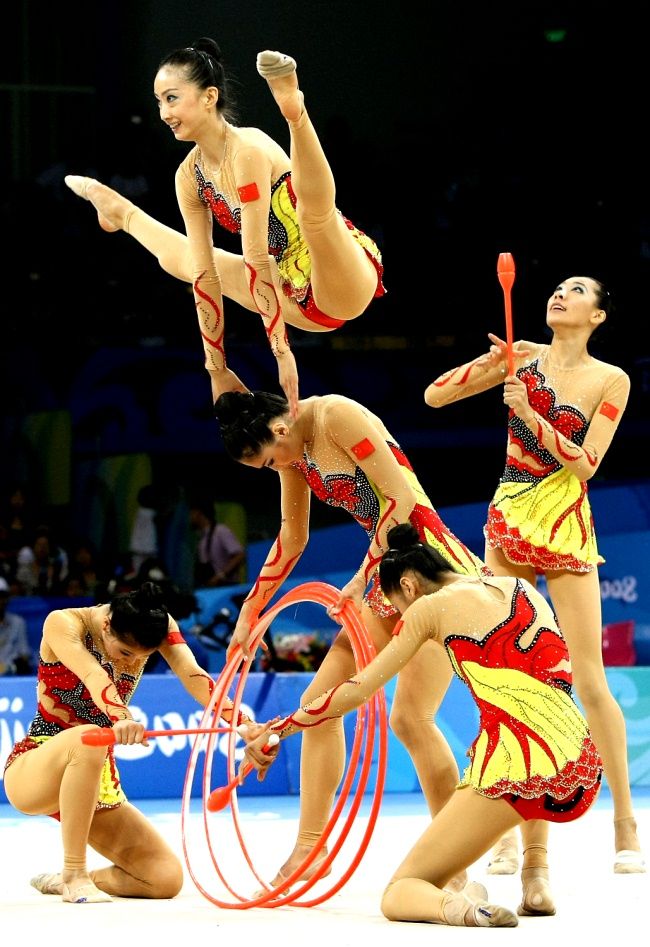 Qualifying round. Rostov-on-Don
Qualifying round. Rostov-on-Don February 26, 2023, Rostov-on-Don, Competition Secretary: Elena Grishaeva
Additional information Regulations
Registration for Contest of Champions season 8. Qualifying round. Rostov-on-Don
Solo duets small team uniforms
Registration status information
Competition completion % No pending applications Re-confirmation by e-mail
Battle of Champions season 8. Qualifying round. Krasnodar
March 5, 2023, Krasnodar, Competition Secretary: Elena Grishaeva
Additional information Regulations
Registration for Contest of Champions season 8. Qualifying round. Krasnodar
solo duets small team uniforms
Registration status information
Competition completion % No pending applications Re-confirmation by e-mail
Battle of Champions season 8. Qualifying round. Volgograd
March 12, 2023, Volgograd, competition secretary: Elena Grishaeva
Additional information Regulations
Registration for Contest of Champions season 8. Qualifying round. Volgograd
Qualifying round. Volgograd
Solo duets small team forms master classes without solo
Registration status information
Competition completion % No pending applications Re-confirmation by e-mail
Battle of Champions season 8. The final. Moscow
04/01/2023 - 04/02/2023, Moscow, competition secretary: Elena Grishaeva
Additional information Regulations
Registration for Contest of Champions season 8. The final. Moscow
Solo Solo + master classes duets small team forms workshops
Registration status information
Competition completion % No pending applications Re-confirmation by e-mail
X Königsberg Cup 2023
06/10/2023 - 06/11/2023, Kaliningrad, competition secretary: Elena Grishaeva
Additional information Regulations
Judges
-
General
Who to ask
to get the correct and timely answer, you need to ask the right specialist
Various specialists can take part in organizing the competition:
- organizer of the competition
- organizer assistants
- competition secretary
- dance organization representative
These people most often live in different cities, each of them, except for organizing a specific competition, has a more permanent job and each closes his own questions, which, as a rule, do not intersect. Therefore, you need to understand who you can ask about what and it is better to ask in order to quickly and easily get an answer or a solution to your request.
Therefore, you need to understand who you can ask about what and it is better to ask in order to quickly and easily get an answer or a solution to your request.
It is highly discouraged to ask the same questions to everyone in a row, to all contacts that you may have. Otherwise, a situation arises when everyone is busy solving your issue, everyone is wasting time, and the final decision depends only on one specific specialist. In such cases, you will quickly be remembered and "taken on a pencil" as a participant who abuses the attention of the organizers.
| Topic | Specialist | Comment |
| Location | Organizer, organizer assistants | Only the organizer has contact with the lessors of the venue and he can clarify the local conditions for the competition, for example, about the stage, lighting, dressing rooms, food on the spot. |
| Additional nominations | Organizer | The list of nominations is determined by the Regulations. If the competition is held in accordance with the Regulations of the dance organization, then a list of dance styles is determined in advance. But the conditions of the competition allow the expansion of the list of competitive styles. This decision is made by the organizer in consultation with the representative of the dance organization. In some cases, the organizers meet the wishes of the participants and may agree to expand the list of styles. If the competition is held in accordance with the Regulations of the dance organization, then a list of dance styles is determined in advance. But the conditions of the competition allow the expansion of the list of competitive styles. This decision is made by the organizer in consultation with the representative of the dance organization. In some cases, the organizers meet the wishes of the participants and may agree to expand the list of styles. |
| Directions to the venue | Self | The address of the venue is usually published well in advance of the competition. In some cases, the organizer provides information about the contacts of taxi services in the city of the venue. The most complete and simple way to get the necessary information yourself. The search query "taxi in the city" will give all the information on the phone numbers of taxi services. There are also mobile applications for working with these services. There are Yandex and Google map services, where you can see the location, see photos of the venue, adjacent streets, determine the distance of the venue from the place of residence and train stations..jpg?width=790&name=Wayzata%203A%20Jazz%20(1).jpg) Organizer's advice "which taxi is better", etc. most likely not applicable, because the organizer is not the owner of the transport services and does not have a special agreement with them for the transfer of participants. Organizer's advice "which taxi is better", etc. most likely not applicable, because the organizer is not the owner of the transport services and does not have a special agreement with them for the transfer of participants. |
| Accommodation | Self | The organizer can provide information on places of possible accommodation. But this information is provided on the basis of open sources. As a rule, the organizer does not use hostels and hotels in his city, does not have an agreement on the accommodation of participants. Each participant has his own idea of the necessary and sufficient level of comfort in terms of living conditions. To date, all information is provided on the Internet in open sources, each accommodation service provides a contact phone number and an email address where you can make a reservation or clarify the conditions of residence. Yandex and Google map services can accurately show the location of the venue and place of residence. |
| Payment | Organizer, in some cases secretary | Each organizer provides details for pre-payment for participation in the competition. Usually this is a bank card of a specific individual, usually the organizer. All questions regarding payment and settlements must be clarified with him. It is unlikely that you provide information about your card to strangers. In this case, similarly, neither the assistants nor the secretary have information whether your payment has been received. Work with payment for applications is formalized and there is a separate Help section for working with this function. At some competitions, the organizer transfers the functions of payment control to the secretary. In such cases, the organizer promptly transmits information about the received SMS from the bank and the secretary has the opportunity to mark the payment received and clarify the status of their payments with the participants. The correctness of registration can affect the state of calculations. |
| Registration | Secretary | Only the secretary of the competition has access directly to the registration. The organizer has the ability to view the registration status, only the secretary can make changes to the registration. Part of the possibilities for updating the registration is provided on the registration pages. Before asking to make any changes to the registration, it is better to familiarize yourself with these options. Many questions you can do yourself in a couple of minutes. The list of possibilities for self-adjustment of registration is expanding. |
| Performance Schedule | Secretary | If necessary, communicate your wishes to the secretary. Other specialists do not need to transfer their requests. In the event that transport issues may affect the time of performances, it is advisable to report this two to three weeks before the start of the competition. Questions about the schedule and time of speeches are described in more detail in a separate Help section. |
| Transfer to a higher category | Dance organization representative | Each competition has a variant of the Regulations, which defines such questions. If the competition is held according to the Regulations of some dance organization, then such issues are determined by this organization, the conditions for transferring to a higher category are described. If these conditions are met by you, then there is no need for additional coordination with anyone. You can apply and the translation will be done automatically. If this is your first time taking part in the competition of a dance organization or you are sure that your level has already increased, but you have not yet met the conditions for scoring the required points, then you can contact the Representative of this organization, send links with recordings of your performances and agree on a translation. |
| Is everything okay with my registration and music | nobody | This is one of the questions you shouldn't ask anyone unless you're in a state of panic. You are given the opportunity to see the status of your registration online. This is enough to check the correct registration and make sure the music is correct. |
Where to get contacts to contact
Each contest, as a rule, has its own VKontakte group, Facebook or website. There is either a phone number or email address of the organizers and/or assistants, or there is a discussion section where you can ask questions.
You will receive the contact of the secretary after registration and receiving a letter confirming registration and a link to the registration page.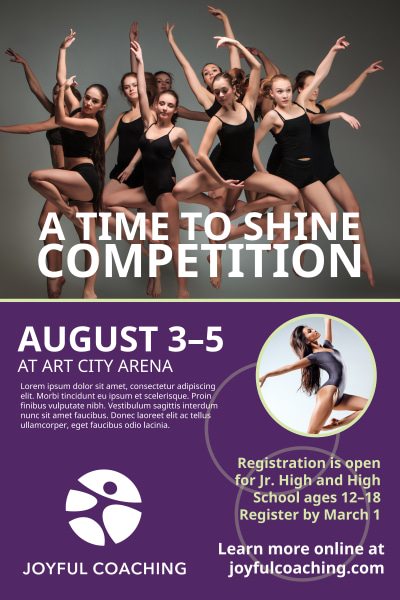 Different secretaries may work at different competitions.
Different secretaries may work at different competitions.
Representatives of dance organizations, as a rule, are the Presidents of these dance organizations, they can be contacted directly. In some cases, you can get in touch with them through the organizer of the competition.
Personal manager
If there are too many questions, you don’t know where to start, panic is about to start, then you can always turn to Teacher or Experienced girlfriend . They can solve for you or suggest a solution to most issues. The only question that they will not be able to solve for you and that you will still need to do on your own is to dance. Contacts Teachers and Experienced girlfriends are not provided by the organizers.
How to determine your nomination
a frequently asked question for those who register for the first time at competitions or perform in an unfamiliar dance organization
Nominations are divided into solo and group
-
Solo nominations
The nomination is determined by a combination of features Style, Age category, Level of training. Depending on the affiliation of the competition to the dance organization there may be significant differences .
Depending on the affiliation of the competition to the dance organization there may be significant differences .
Age category
Age ranges are indicated in the registration form. Age is determined in completed years at the time of the competition. You must specify the age category corresponding to the age of the participant.
Deviations may be allowed for some age groups. For example Seniors may be allowed to compete in the adjacent age category Seniors. Children and Juniors may be allowed to compete in the age category by year of birth, i.e. perform in an older age category before the birthday. Such exceptions may be specifically spelled out in the Regulations of the competition. In the absence of such clarifications, a strict definition of the age category by the date of birth of the participant is applied.
Style
The registration form contains a list of styles that are planned for the competition.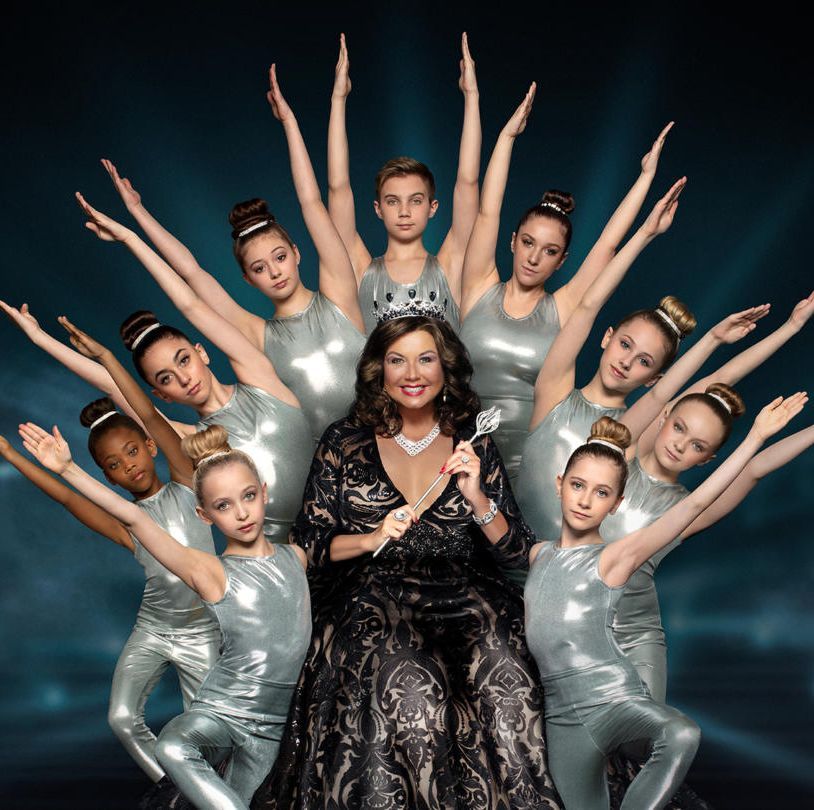 You can choose from the proposed list. The rules of the competition usually allow only one performance by each participant in each style entered. If the list of declared styles is not enough, then you can contact the organizer with a request to expand the list of styles. In some cases, the organizer may agree with the representative of the dance organization to expand the list of styles.
You can choose from the proposed list. The rules of the competition usually allow only one performance by each participant in each style entered. If the list of declared styles is not enough, then you can contact the organizer with a request to expand the list of styles. In some cases, the organizer may agree with the representative of the dance organization to expand the list of styles.
But expanding the list of styles is not always advisable from the point of view of ensuring competition. The creation of new nominations for a single participant is not welcome. In such cases, you may need to refine the definition of a more precise style. It is also necessary in some cases of non-traditional musical arrangements. In such cases, it may make sense to consult with the organizer on the issue of clarifying the style of the nomination in order to avoid deducting marks for style inconsistency with the declared nomination.
Level of training
If the competition is held by an independent organizer, then the procedure for determining the level of training is carried out by the organizer or independently by the participant.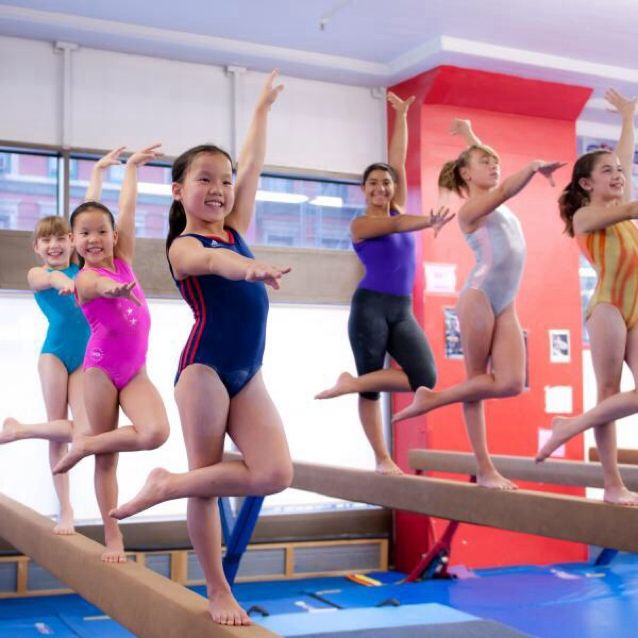
When holding a competition in accordance with the rules of a dance organization, the procedure is determined by the Regulations. Each dance organization maintains its own rating of participants and independently determines the level of training for new participants. If the participant complies with the rules for moving to a higher nomination, for example, she has scored the points necessary for the transition, then it is enough to apply for the next competition in a higher nomination. The translation will be processed.
When a dance organization participates in a competition for the first time, if there is a break in performances, if it is not a regular participation in competitions, it may be necessary to determine the level of preparation. This is usually done through a dance organization representative. Links to recordings of performances are sent, you can describe your achievements when performing in other dance organizations. If the transfer is approved, then this can be reported to the secretary.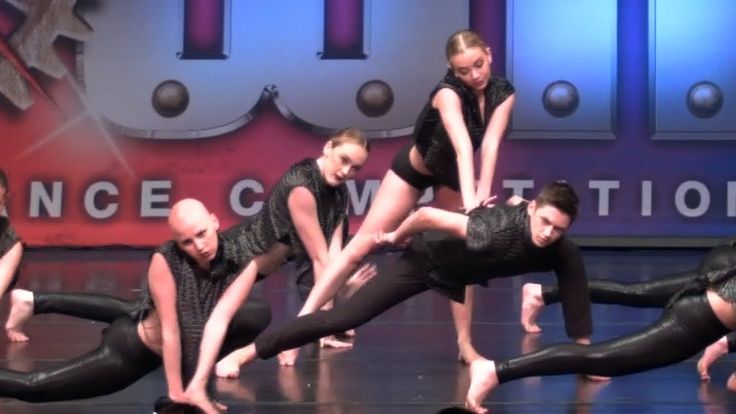 Translation will be processed, registration for current competitions has been changed. For future competitions, registration will be made in accordance with the translation.
Translation will be processed, registration for current competitions has been changed. For future competitions, registration will be made in accordance with the translation.
-
Group nominations
For group nominations, the procedure for determining nominations is similar to solo nominations, but has minor differences. Not all solo performance styles can be defined for groups. In group nominations, the list of age categories can be enlarged.
In group nominations, the age category of the group can be determined differently. Possible options are "by a larger number of participants", "by the age of the youngest participant". Specific age categories "Daughters-mothers" for duets and "Mixed compositions" for large groups of different ages can be distinguished. It is necessary to clarify these points according to the Regulations of a particular competition or directly from the organizer.
Group category
The main division of group nominations is made according to the number of participants. Different styles, depending on the mass character of the participants, can be combined into nominations with different division options. More mass styles can have separate registration in categories of 2, 3-5, 5-8 participants, and less mass styles can be enlarged and registered in other categories, for example 2, 3-8 participants or 2+ (all compositions together).
Different styles, depending on the mass character of the participants, can be combined into nominations with different division options. More mass styles can have separate registration in categories of 2, 3-5, 5-8 participants, and less mass styles can be enlarged and registered in other categories, for example 2, 3-8 participants or 2+ (all compositions together).
-
After registration
Registration is confirmed by sending an e-mail to the address specified during registration. The letter contains a link to the registration page, where specific nominations are indicated in accordance with the application. The definition of a specific nomination occurs semi-automatically and may differ from the nomination intended by the participant. The reasons for this may be inaccuracies in filling out the questionnaire, incorrect understanding of the contest rules by the participant, errors during registration in the program. If after registration there are questions about the nominations, then you can write a letter to the secretary.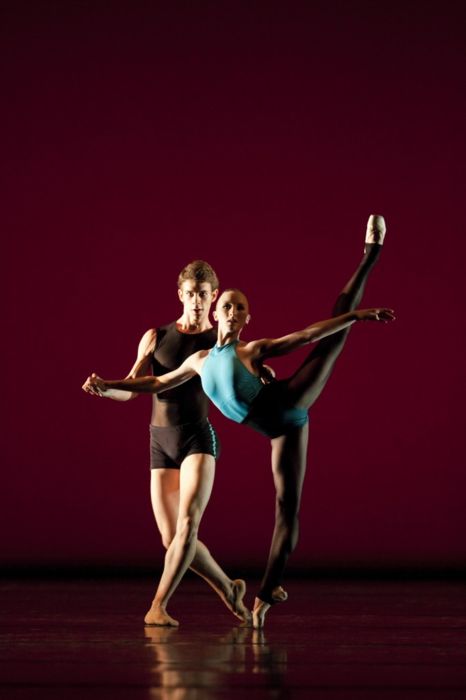
It is important to understand the following. At the registration stage, the layout of the nominations cannot be determined in the final version. Depending on the mass nature of applications, the layout of the nominations may be changed. In solo nominations, adjacent age categories can be combined. With a large number of participants, an additional age division can be made into separate ages, levels or by year of birth.
The main priority is to ensure comfortable competitive conditions for the participants. If possible, avoid an excessive number of participants in one nomination and conduct qualifying rounds. But also to avoid or reduce the number of nominations with a single participant. Whenever possible, options for combining different styles into one nomination are avoided. If it is necessary to combine, priority is given to the option "by age", but separately by levels of training.
The decision on the final arrangement of the nominations is made by the organizer, which is agreed with the representative of the dance organization.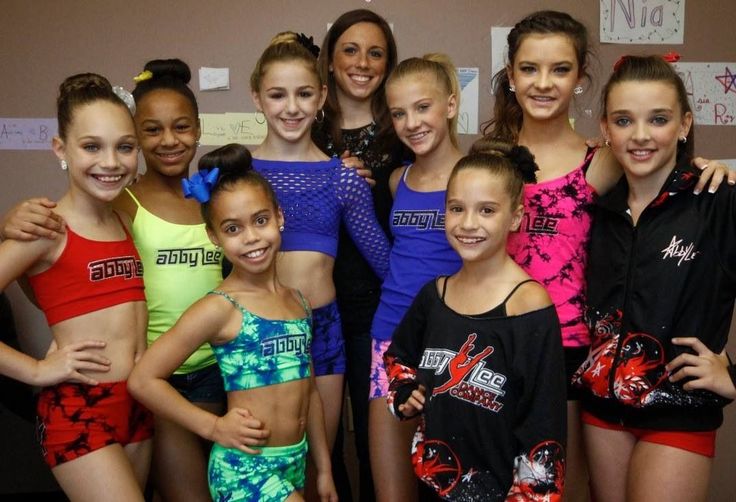 This may take into account the opinions and suggestions of specific participants. In some difficult situations, participants in nominations are asked for their consent to combine nominations.
This may take into account the opinions and suggestions of specific participants. In some difficult situations, participants in nominations are asked for their consent to combine nominations.
Information about a specific nomination is displayed on the participant registration page. In the course of registration, the layout of the nominations may change. The final version of the layout of the nominations is usually formed by the time the schedule is drawn up, 1-3 weeks before the start of the competition, when registration for the competition is almost closed. In rare cases, immediately before the competition, the judging panel may make a clarifying decision on the layout of nominations and holding qualifying rounds. For example, a qualifying round may be announced, but by the decision of the judging panel, a decision may be made to hold the final without qualifying rounds. In very rare cases, situations arise when the results of a participant's performance can be transferred to another nomination.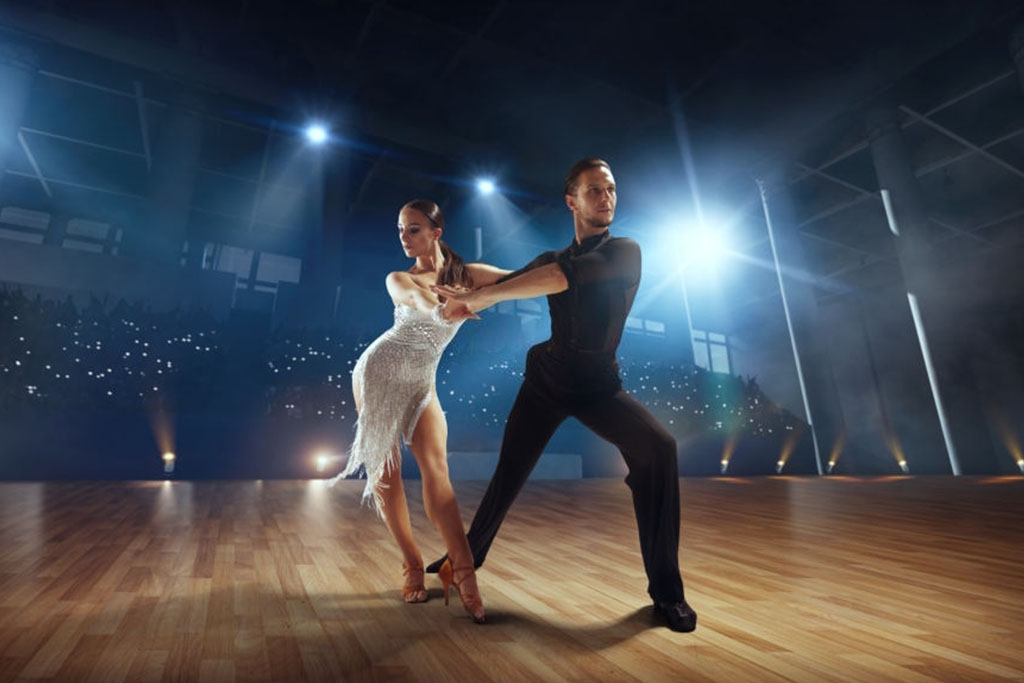 As a rule, this is the result of an erroneous registration of a participant, an incorrect definition of his level or style. To avoid disqualification of a participant for such errors, a decision may be made to transfer the results of the participant's performance to another nomination. It is advisable for participants to more thoroughly delve into the rules of the competitions and not create such situations.
As a rule, this is the result of an erroneous registration of a participant, an incorrect definition of his level or style. To avoid disqualification of a participant for such errors, a decision may be made to transfer the results of the participant's performance to another nomination. It is advisable for participants to more thoroughly delve into the rules of the competitions and not create such situations.
Transfer to a higher category
I am ready
Competitions of independent organizers
The procedure for determining the level of training is determined by the organizer or independently by the participants. Usually the nomination levels of some dance organization are applied. If the application is submitted to a nomination of a certain level, and then the participant or organizer makes some other decision, then it is necessary to inform the secretary with a request to change the registration.
Competitions according to the Regulations of dance organizations
Dance organizations keep records of the levels of their participants.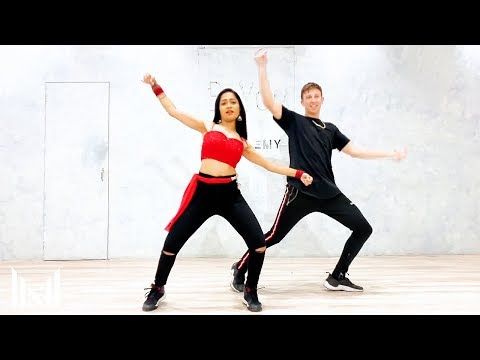 The procedure for determining the level is prescribed in the Regulation. But there are several possible translations.
The procedure for determining the level is prescribed in the Regulation. But there are several possible translations.
- For the first time you take part in the competition of a dance organization
If you are performing on stage for the first time, then as a rule you have the opportunity to perform 1-3 times in the Debut nominations.
If you don't have much experience in performing, then it probably makes sense to perform in the entry-level nominations "Beginners" or similar.
If you have experience of performing, prizes, transfers in other dance organizations, then you can contact the representative of the dance organization with a request to determine the level of participation in this dance organization. Send links with recordings of your performances, describe your achievements, and a decision is made on your issue. Until the transfer is completed, you will be registered in the entry-level nomination. If the transfer is agreed upon, then it is necessary to inform the secretary about it.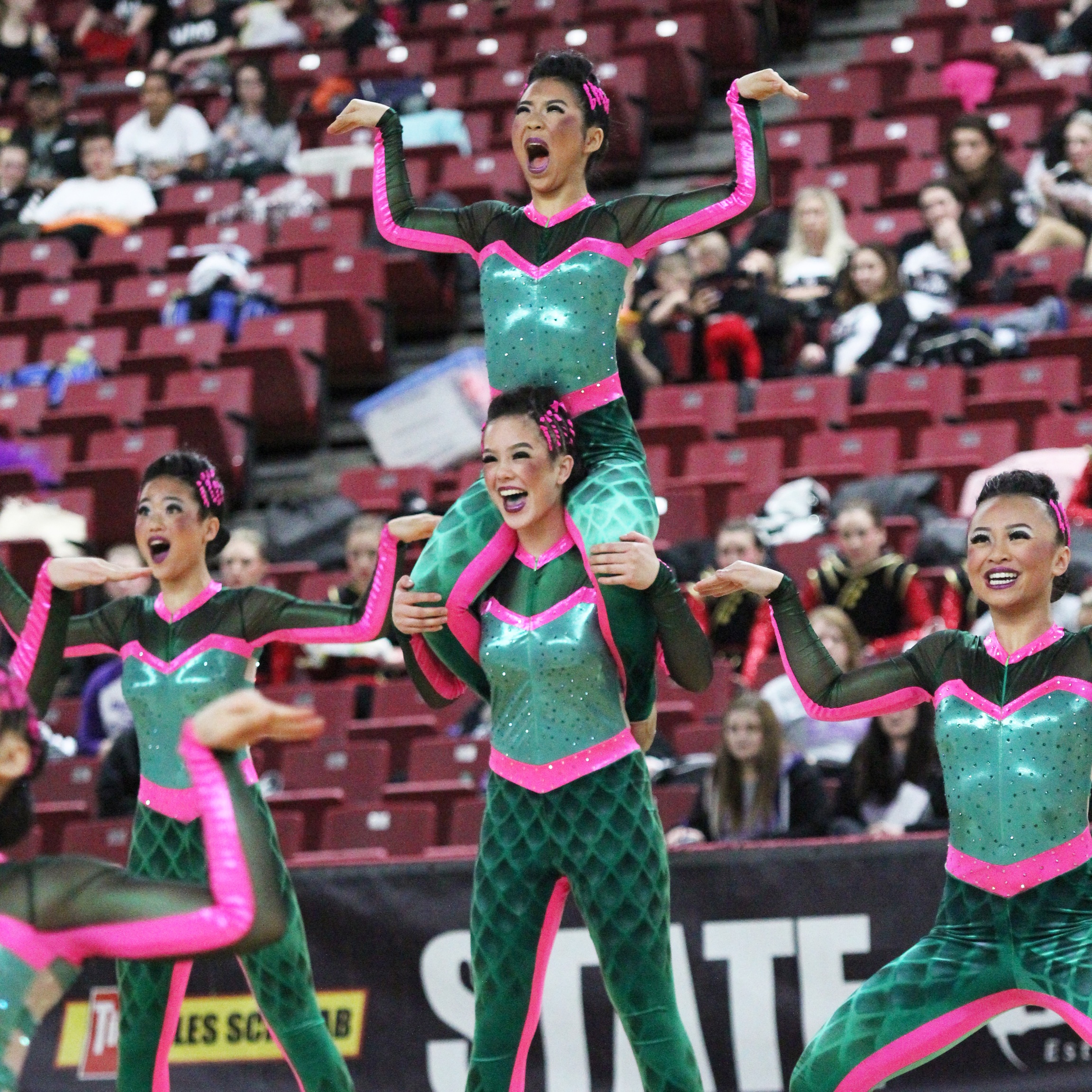 Your translation will be processed, the registration will be changed, and in the future, the level of nomination during registration will be based on the translation.
Your translation will be processed, the registration will be changed, and in the future, the level of nomination during registration will be based on the translation.
- I am older
When changing the age category, nothing happens with the level of training. In the new age nomination, the participant will perform with her level of training. For example, if a participant performed in the category Children2 Continuing, then he moves to the category Junior Continuing.
- I haven’t performed at competitions of a dance organization for a long time, but I had a lot of experience performances at other competitions, the conditions for transfer are not met
You can ask a dance organization representative to determine the level of membership in that dance organization. Send links with recordings of your performances, describe your achievements, and a decision is made on your issue. Until the transfer is completed, you will be registered in the entry-level nomination. If the transfer is agreed upon, then it is necessary to inform the secretary about it. Your translation will be processed, the registration will be changed, and in the future, the level of nomination during registration will be based on the translation.
If the transfer is agreed upon, then it is necessary to inform the secretary about it. Your translation will be processed, the registration will be changed, and in the future, the level of nomination during registration will be based on the translation.
- There was a significant break in performances
Two options are possible: 1. the level of participation is kept from previous performances, 2. the level of participation is reduced. If this situation is not described in the Regulations, then usually the level of participation is maintained. You can discuss this situation with a representative of the dance organization. If a decision is made, then this must be reported to the secretary at registration or after.
- Transfer conditions met
When filling out the questionnaire, you can indicate the corresponding higher nomination, the transfer will be processed.
It is important to understand the following. A higher level of nomination means more difficult rivals. When moving to a nomination of a higher level, a "failure" in the places occupied is not ruled out. The decision to transfer is recommended to be taken carefully, it is advisable to consult with the teacher and objectively assess your capabilities. There will be no "back to back" option.
A higher level of nomination means more difficult rivals. When moving to a nomination of a higher level, a "failure" in the places occupied is not ruled out. The decision to transfer is recommended to be taken carefully, it is advisable to consult with the teacher and objectively assess your capabilities. There will be no "back to back" option.
When transferring
The condition for the transfer is the accumulation of a certain number of points. After the transfer, the points will be reset to zero.
Nothing is clear at all
I am in a panic
If you are reading this, then all is not lost and the chances for improvement are great. At least you remember the letters and can press a few buttons.
Usually the panic starts before the competition. And not only you. At the competition you will be able to meet with the same survivors of this state of the participants. You will have the opportunity to exchange experiences.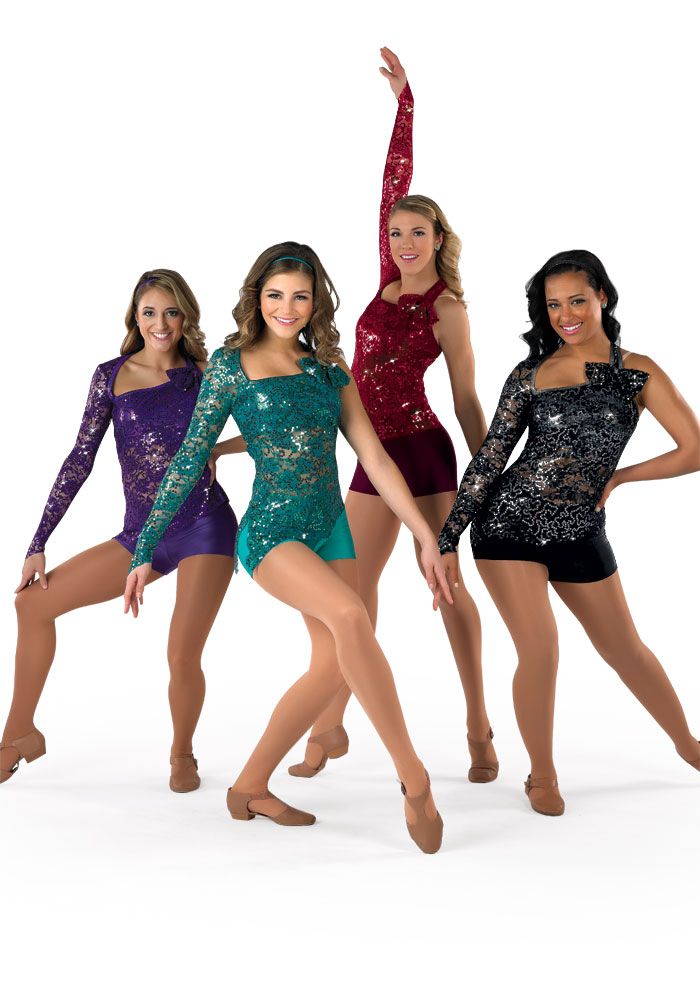
While you are in this state, you have the opportunity to turn to those who can help you overcome this state. You are offered to choose:
- read Help sections
- teacher
- girlfriend
- organizer
- secretary
Ask someone for help, say the magic word "I'm in a panic" and you will be helped. But still try to formulate your questions. Then help can be provided not only psychological.
After the competition, the state of panic disappears, but sometimes not for long, only until the next competition approaches.
Information about current competitions
what can be viewed at any time
Section under development
How to fill out the questionnaire
Description of some nuances when filling out the questionnaire
Completing the questionnaires is usually not difficult. But there are not obvious nuances that may arise in some cases.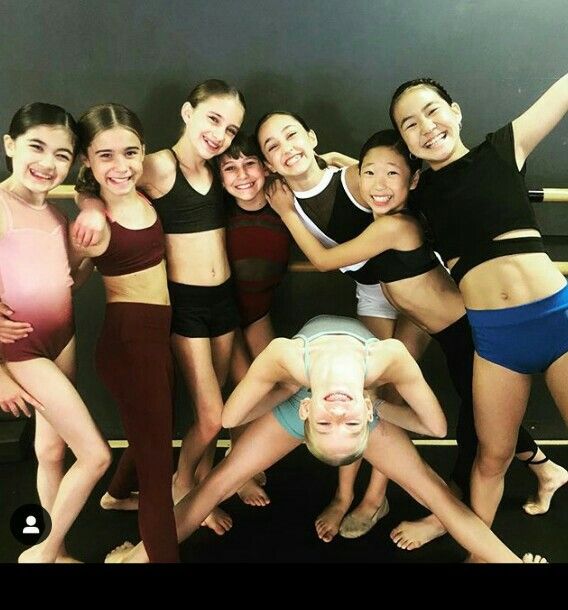
Questionnaires, as a rule, are created on the basis of Google Forms, these questionnaires are correctly displayed both in a browser on a computer and on mobile devices. Some nuances are connected specifically when working on mobile devices.
Mandatory fields
The questionnaire always contains mandatory fields. If you do not fill in these fields, you will not be able to submit the questionnaire. If you try to submit a questionnaire with blank required fields, you will receive a warning message "This is a required question."
Mandatory fields are marked with "*".
Not all fields are required. For example, not every participant may have a teacher or a studio. Some do it on their own.
Depending on the conditions of registration, Master classes may or may not be mandatory. It is with these conditions in mind that the mandatory fields are configured.
Text fields
There are always several text fields in the questionnaire. They are intended to be filled in "in free form", but it is desirable to fill in these fields more correctly.
For example, for solo questionnaires, the field for specifying a participant is called "Last Name, First Name, Reporting" or similar. It is understood that it is necessary to start a participant in this form of "Alexander Dances". The identification of the participant in this case can be carried out more simply.
When writing participants' names, it is advisable to write full names, not abbreviations. Alexandra, not Sasha.
It is advisable to observe the spelling of the letter "ё" and indicate the correct spelling.
Text fields are dimensionless, you can write a large amount of information in them. For example, if a participant submits an application in several nominations and it is necessary to indicate different directors, then you can write in detail - style, director. Then, during registration, it will be possible to accurately indicate the dance director of each nomination and avoid further correspondence for corrections.
Some fields are for specifying the number, such as members in a group. For such fields, it is better to specify the value as a number. No need to add "5 people" to the text. During registration, such a value is not reduced to a number; additional steps are required to bring the application to an acceptable form. In some questionnaires, there may be a setting to check the value, if a value is entered that does not correspond to a number, a warning will be displayed.
For such fields, it is better to specify the value as a number. No need to add "5 people" to the text. During registration, such a value is not reduced to a number; additional steps are required to bring the application to an acceptable form. In some questionnaires, there may be a setting to check the value, if a value is entered that does not correspond to a number, a warning will be displayed.
Dates
As a rule, the questionnaire always contains one field for indicating the date - the date of birth. This is one of the key values for identifying a member. There are full namesakes in the same city and sometimes in the same studio. Therefore, it is advisable to carefully fill out this field.
Also, according to the date of birth, the compliance with the nomination of the participant is controlled. Participants' dates of birth are recorded. The situation when different dates of birth are indicated in different applications of one participant attracts attention. Therefore, it is highly desirable not to make mistakes when filling out.
Therefore, it is highly desirable not to make mistakes when filling out.
When filling out the questionnaire from a browser on a computer, as a rule, there are no difficulties.
But when filling out from a mobile device, not everyone may be familiar with some of the nuances. In the date selection dialog, there are arrows for moving through the months. The default is to select a date for the current year. There is no need to scroll through each month to enter the date of the desired year. In the dialog, you can click on the Year value and you will be prompted to select a year from the list. After that, by moving the value of the month, it will be possible to specify the required date of the selected year. If the month arrows are highlighted, then the Year is not indicated by the selection elements, some participants may find it difficult not to know these options.
List selection
Combo boxes can be used to select values from a large list. Selecting a value from this field does not cause any difficulties.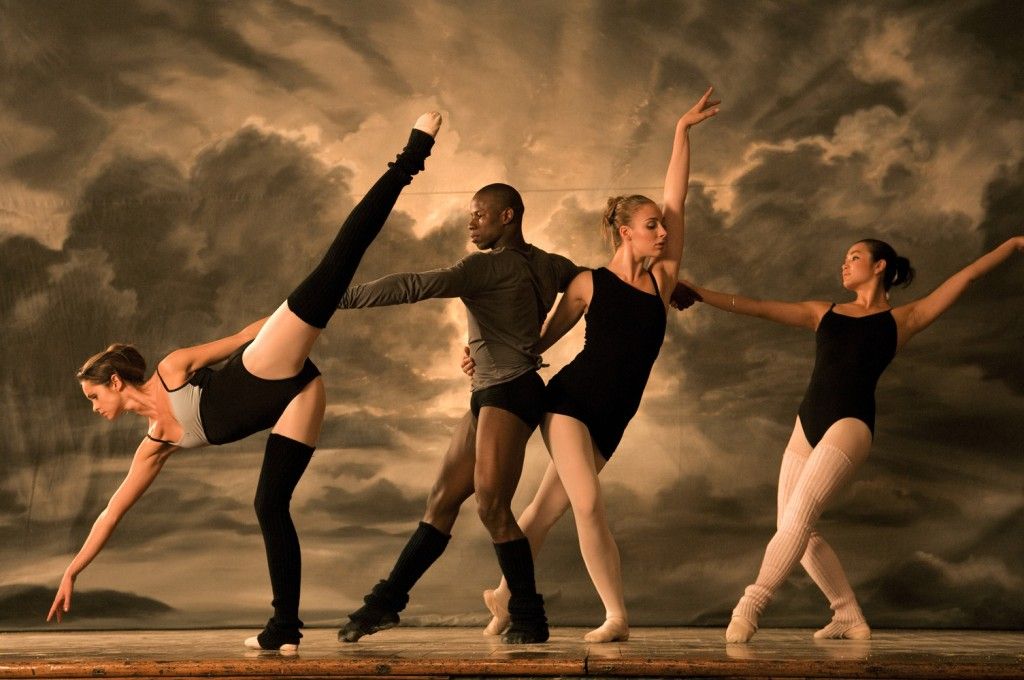 But a non-obvious situation is possible if this field is required.
But a non-obvious situation is possible if this field is required.
As a rule, such fields are used to select a composition in orchestral nominations. The list of songs can be large. As a rule, these fields are made mandatory. But not all participants can perform in these nominations. In such cases, the first item in the list may be "I do not perform in the orchestra category", this option must be specified as the value of the required field.
Choice of one option
Questionnaires always have fields with a choice of options. Depending on the registration conditions, fields of the same type can be either for selecting one value or several.
For example, the style selection for groups is a field with a single selection. For solo questionnaires, this is a field with a choice of several options. Because in groups in different styles, compositions with a different number of participants can perform. And for each performance, you have to fill out a separate questionnaire. For solo performances, this can be one profile for all styles.
For solo performances, this can be one profile for all styles.
Some fields during registration partially duplicate others. For example, the group category. This value can be calculated depending on the number of participants. But nevertheless, the field Number of participants and Category of the group are added to the questionnaire. Partly to avoid possible errors during registration, partly to better understand the participants of their nomination. Registration conditions may differ for different competitions. For example, division by age, division by the number of participants in groups. In the list of options, as a rule, the numerical conditions of the options are given - the range of ages, the number of participants in each category of groups. Not every participant allows himself to delve into the content of the Competition Regulations, therefore, when filling out this information, this information is duplicated in the selection list. Choosing a specific option, the participant additionally analyzes the correctness of his choice.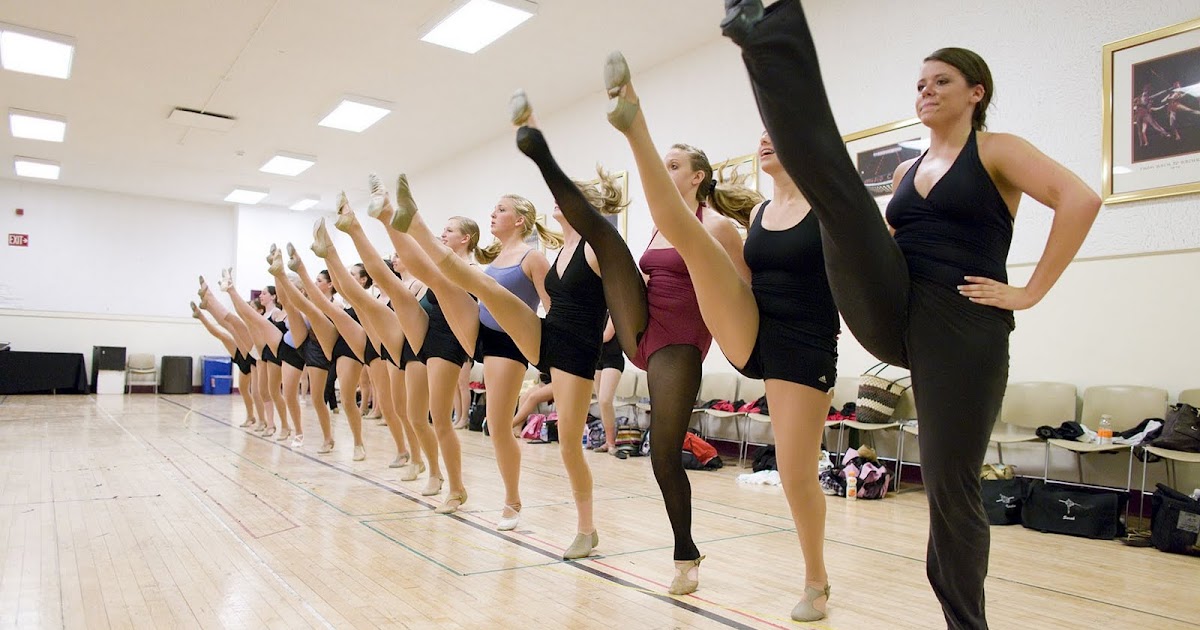 Moreover, for example, different ages can perform on different days.
Moreover, for example, different ages can perform on different days.
During registration, the participant may indicate incorrect options. For example, specify the number of participants, but choose a group category that corresponds to a different number. Similarly with age, indicate the date of birth, but choose an age category that does not correspond to this date. Depending on the information in the questionnaire and in the program for previously made registrations, a decision is made to correct the information in the questionnaire.
Multiple selection
To reduce the number of completed questionnaires, a field option with multiple selections in the form of checkmarks is used. For example, when registering for MK or different styles of nominations, there is no need to fill out a separate questionnaire for each performance or MK. If the questionnaire allows you to select several options, you should use this opportunity.
A special case when performances in the nomination according to the Regulations take place in two or more exercises.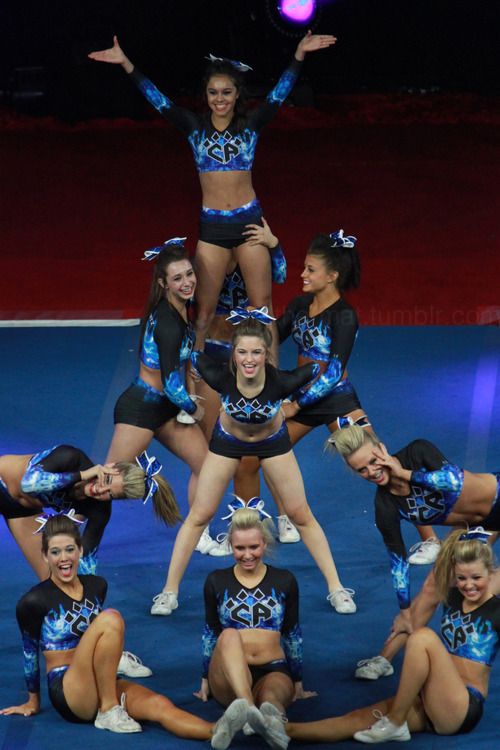
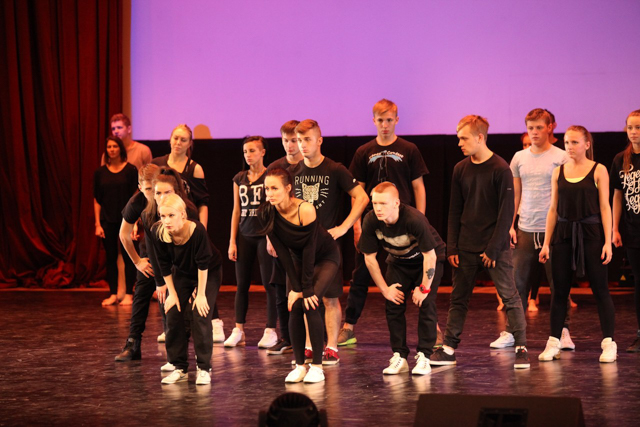 If there are questions about debt or incorrect calculation costs, then first of all it is necessary to clarify the correctness of registration and, if necessary, make an adjustment.
If there are questions about debt or incorrect calculation costs, then first of all it is necessary to clarify the correctness of registration and, if necessary, make an adjustment. 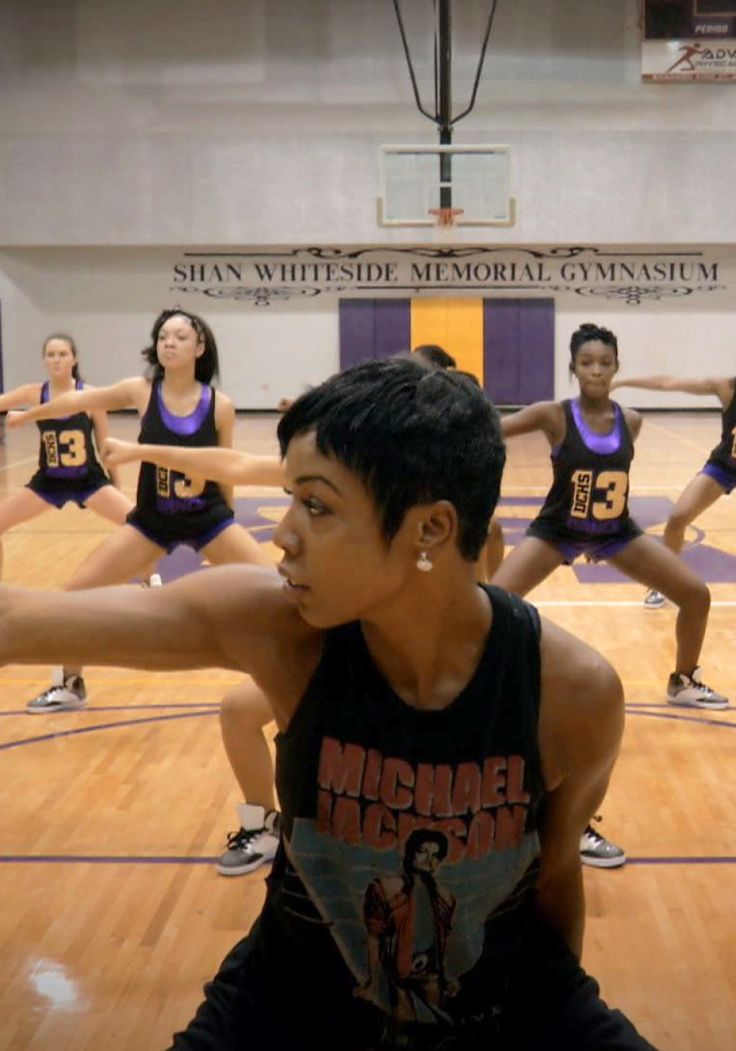 Only the secretary has access to the schedule.
Only the secretary has access to the schedule. 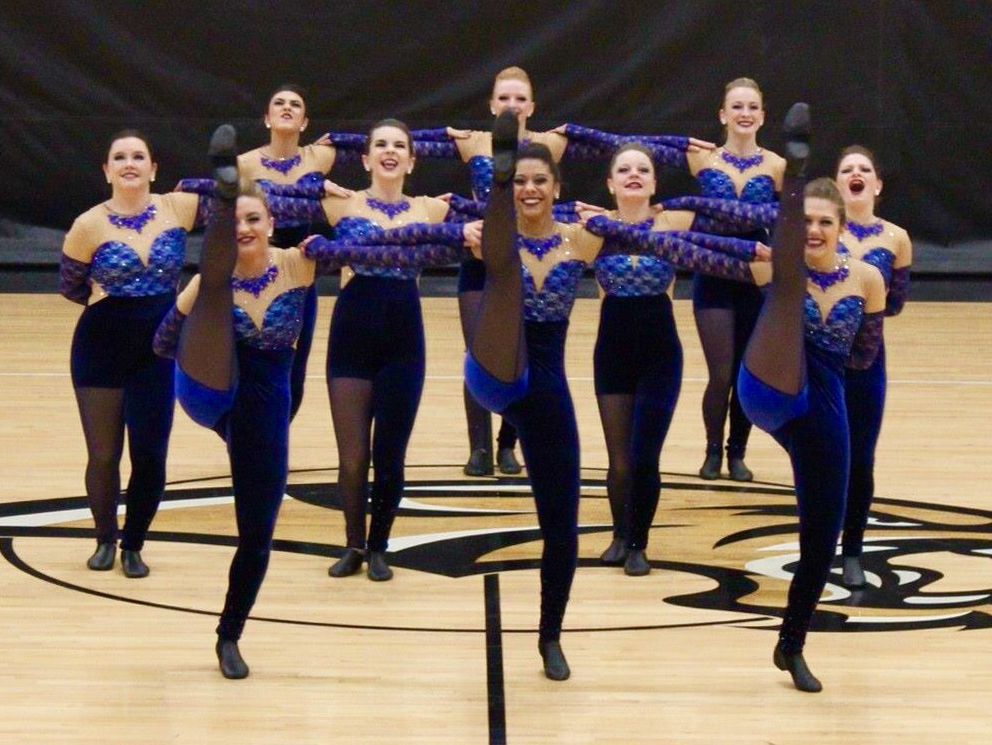 If the transfer is agreed, then this can be reported to the Secretary. The translation will be processed, if necessary, the current registration will be changed and registration for the next contests will be carried out in accordance with the Translation.
If the transfer is agreed, then this can be reported to the Secretary. The translation will be processed, if necessary, the current registration will be changed and registration for the next contests will be carried out in accordance with the Translation. 

